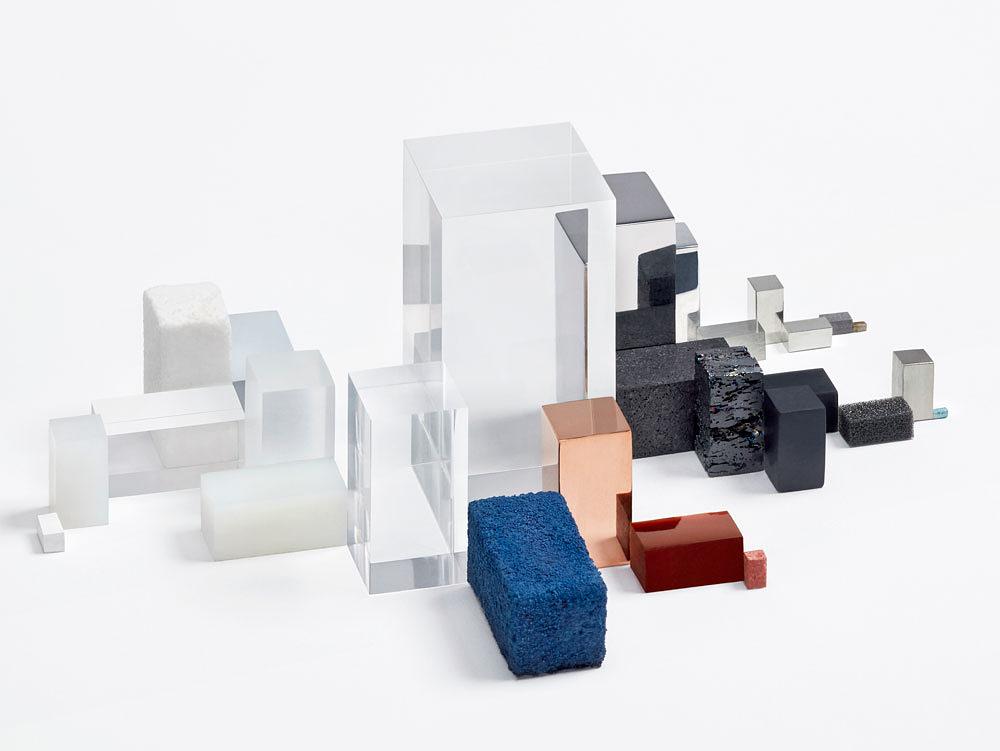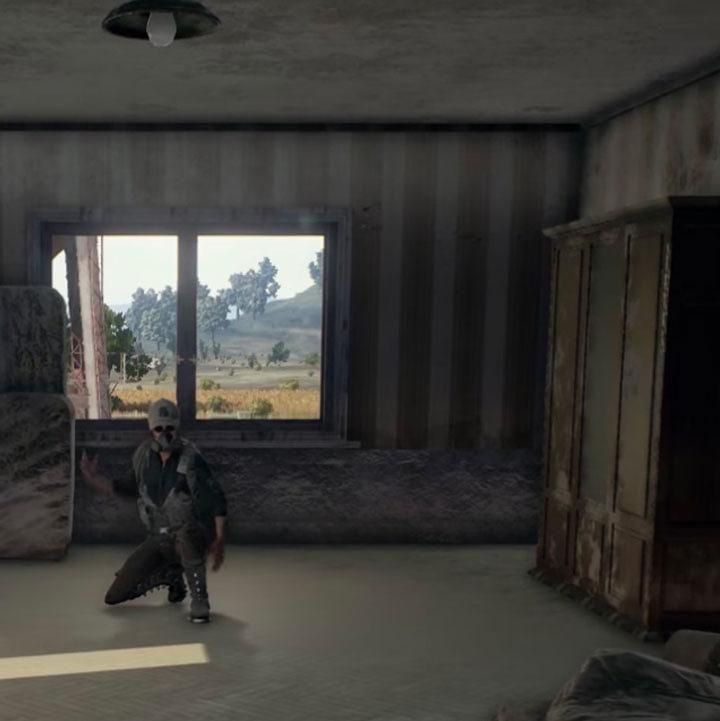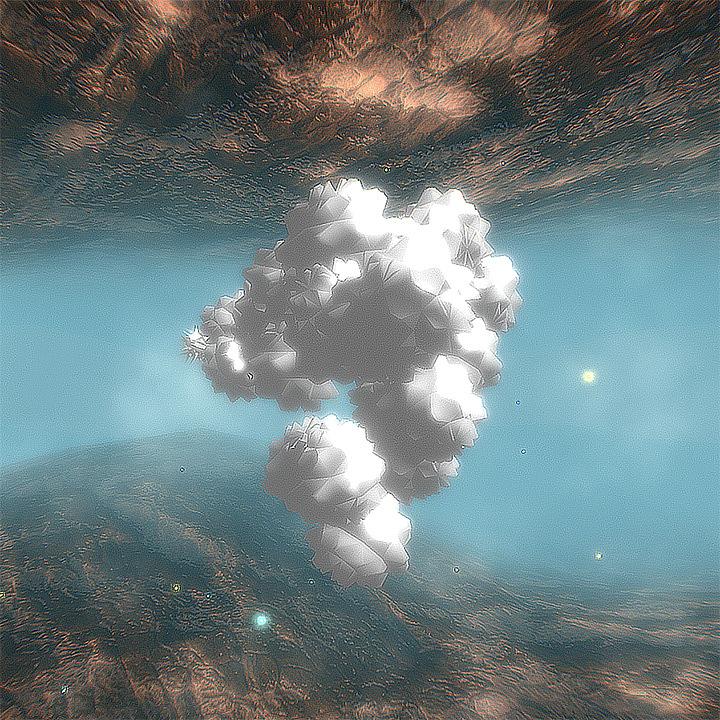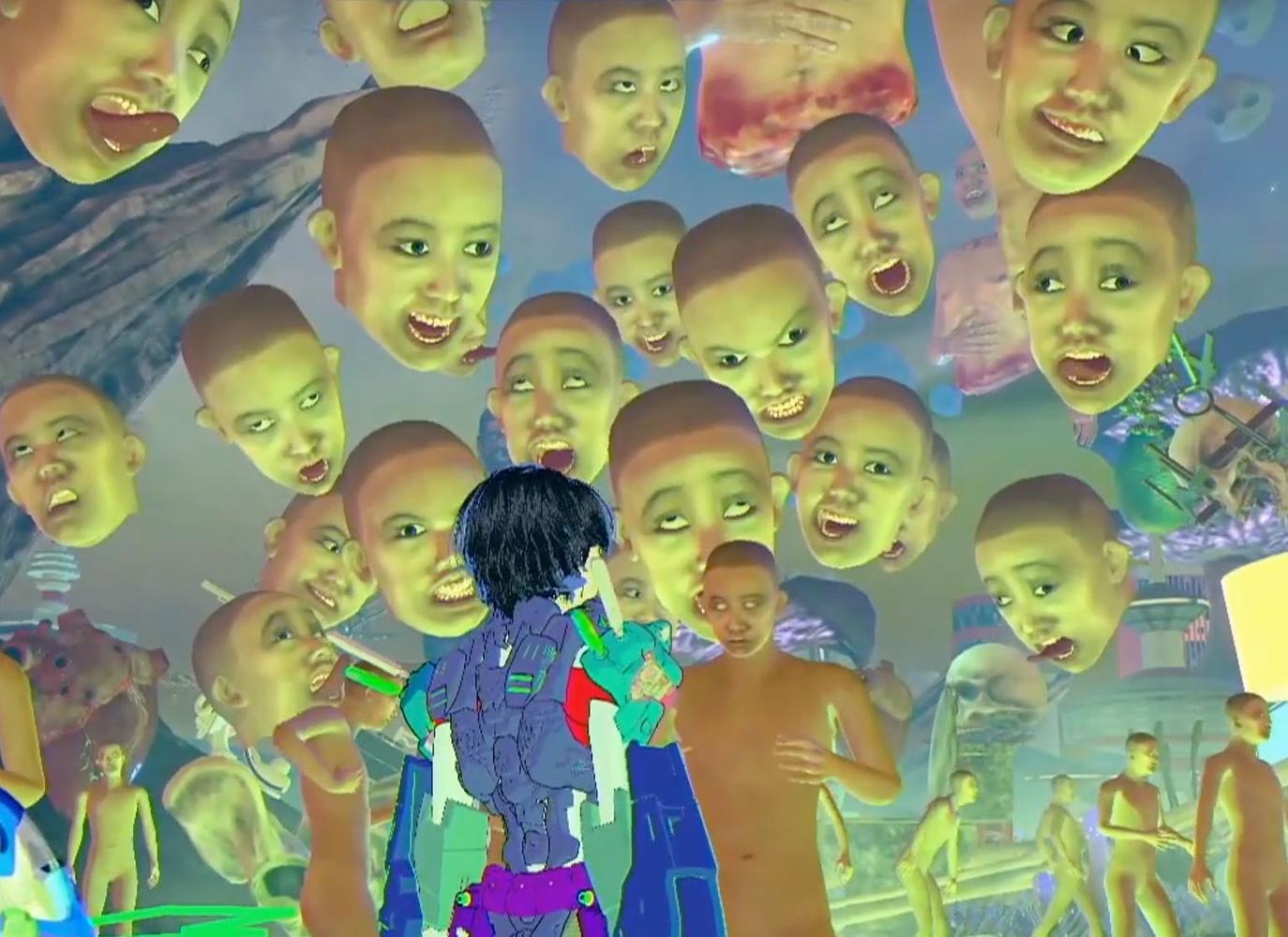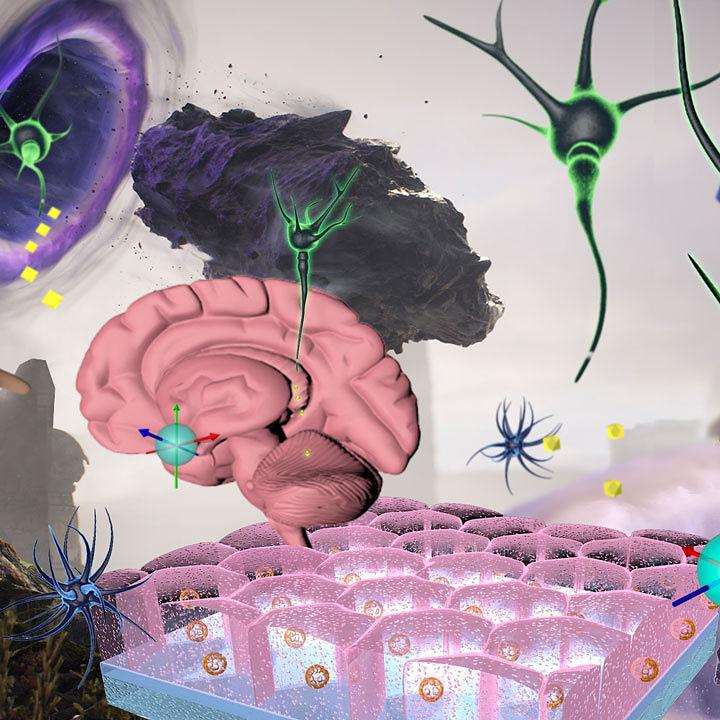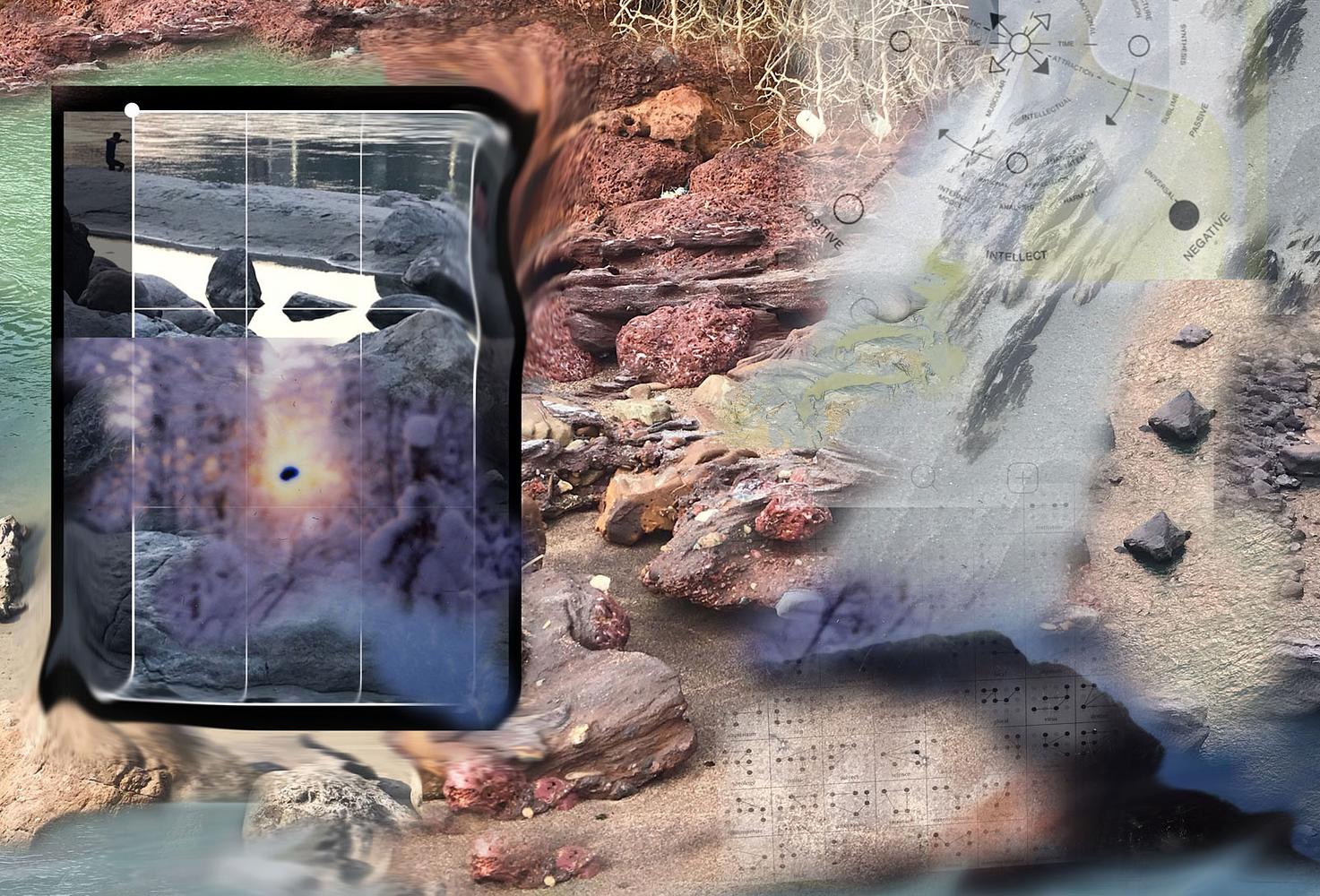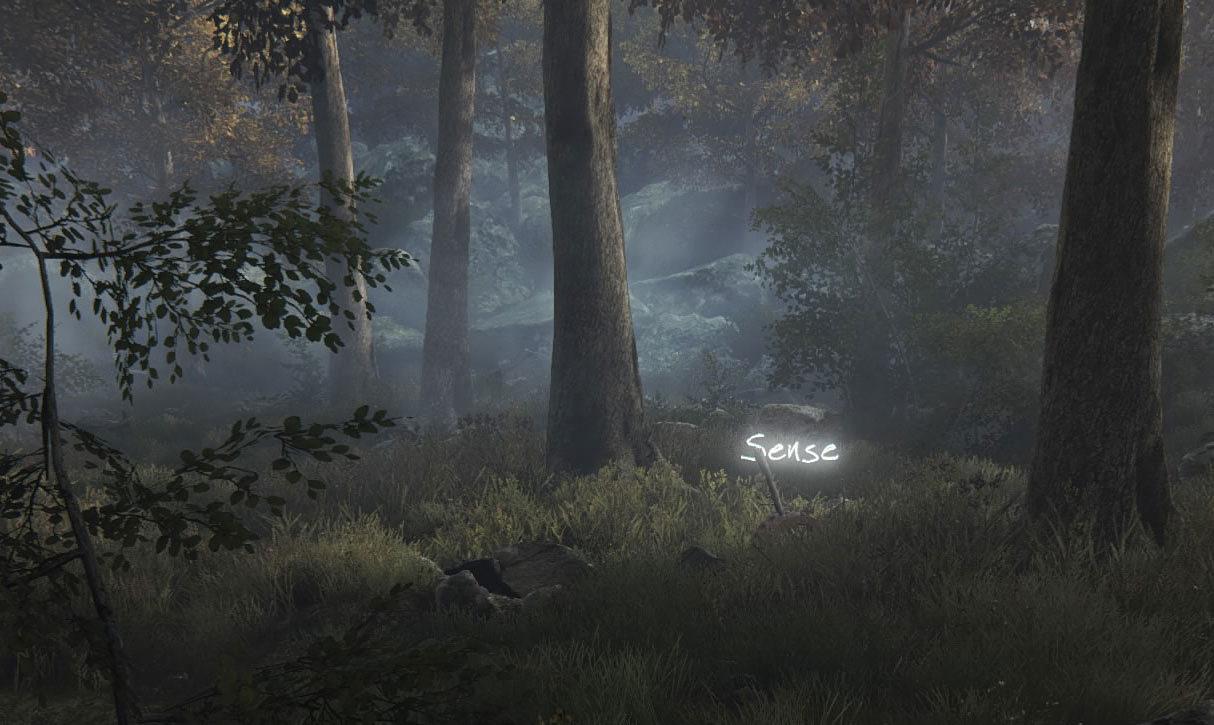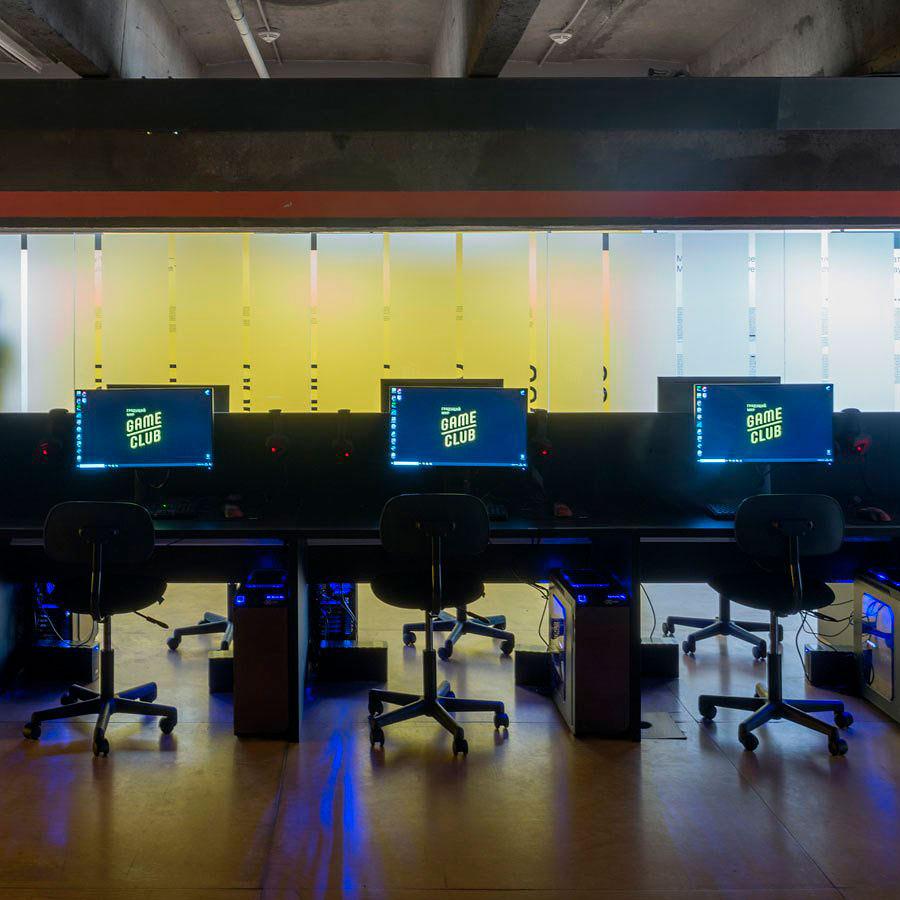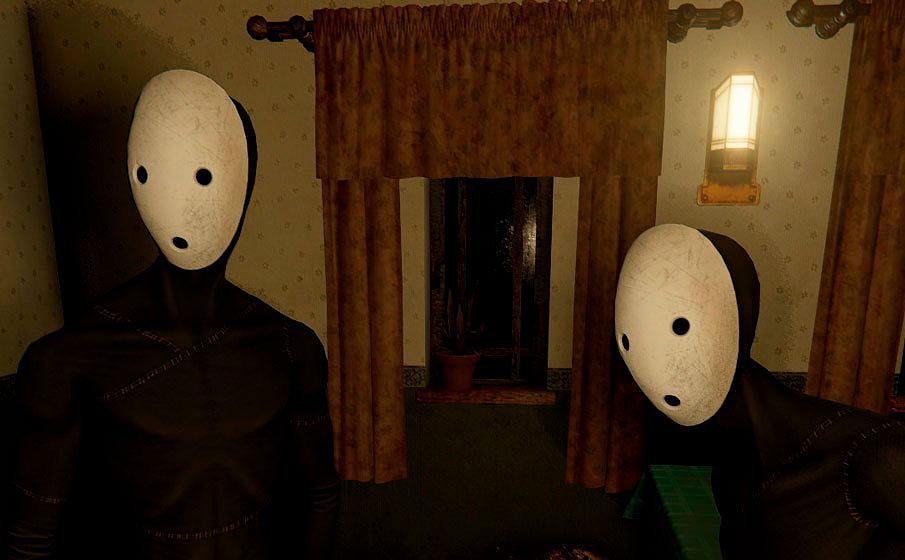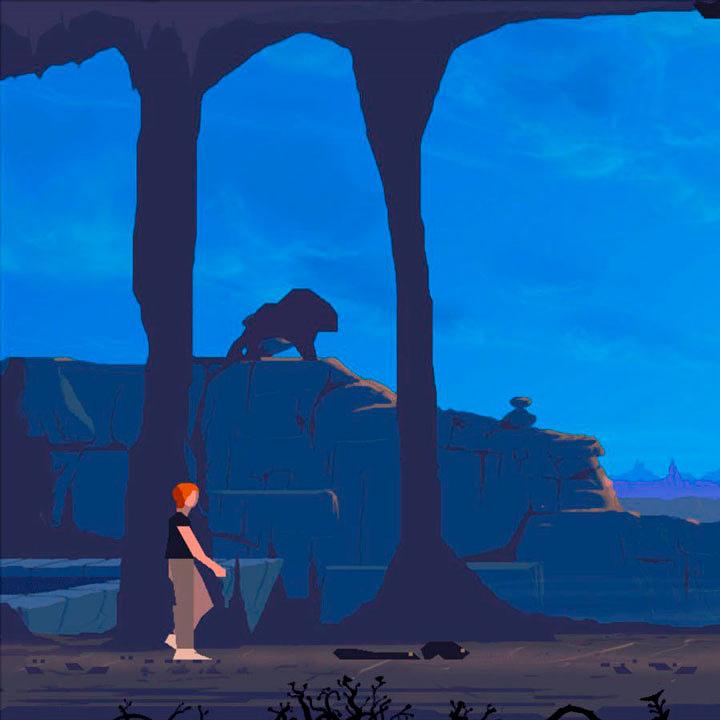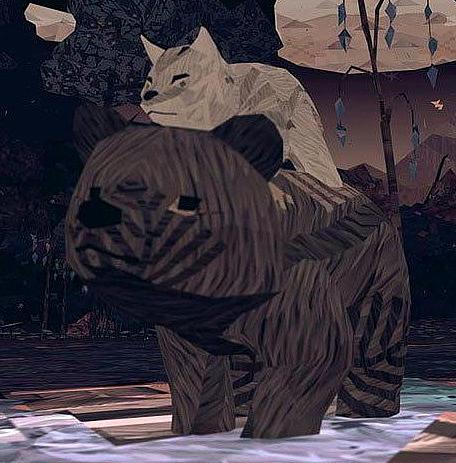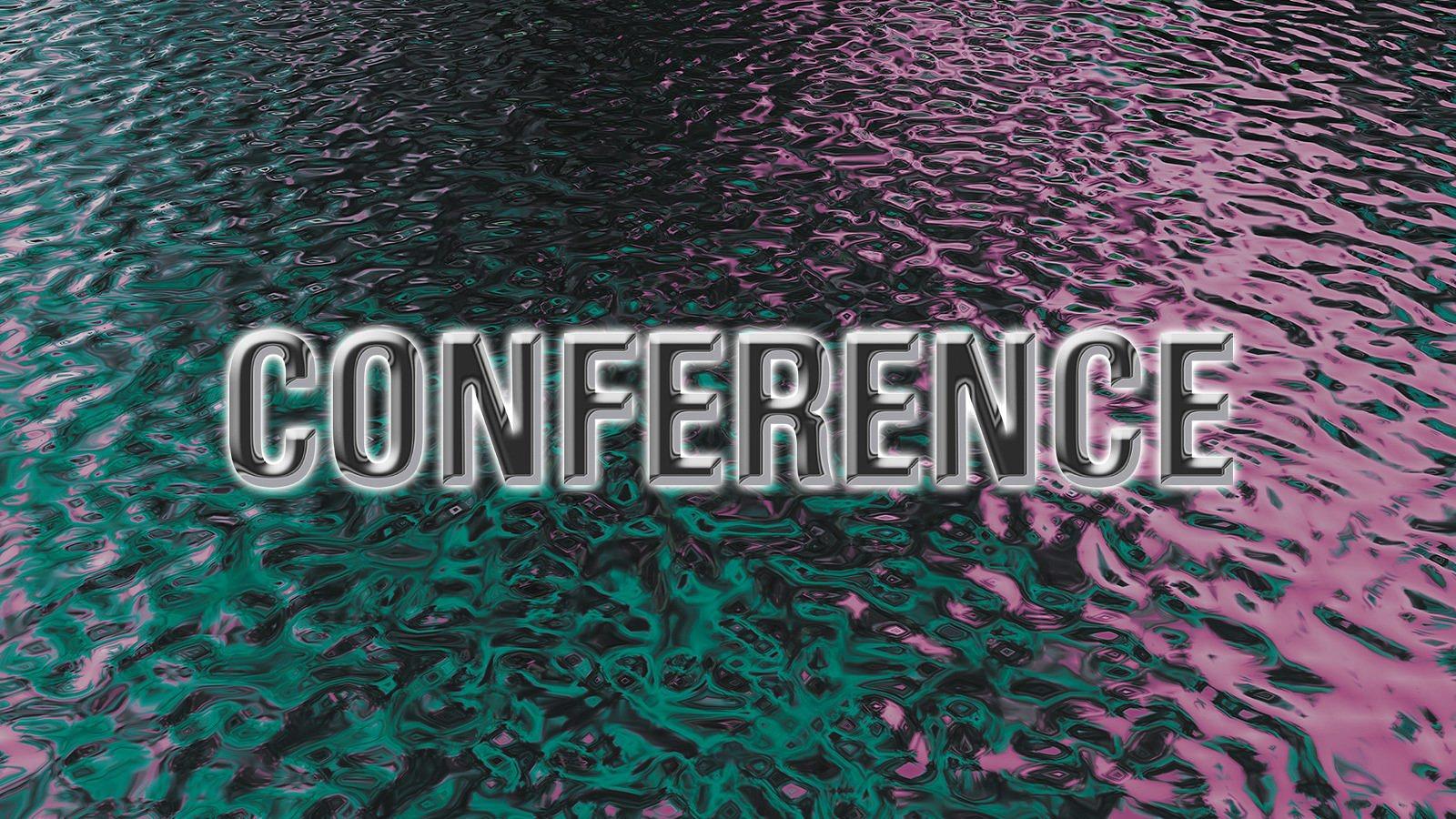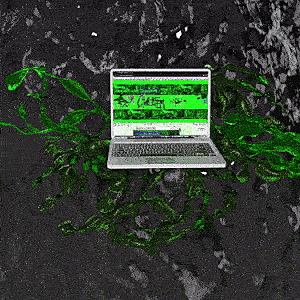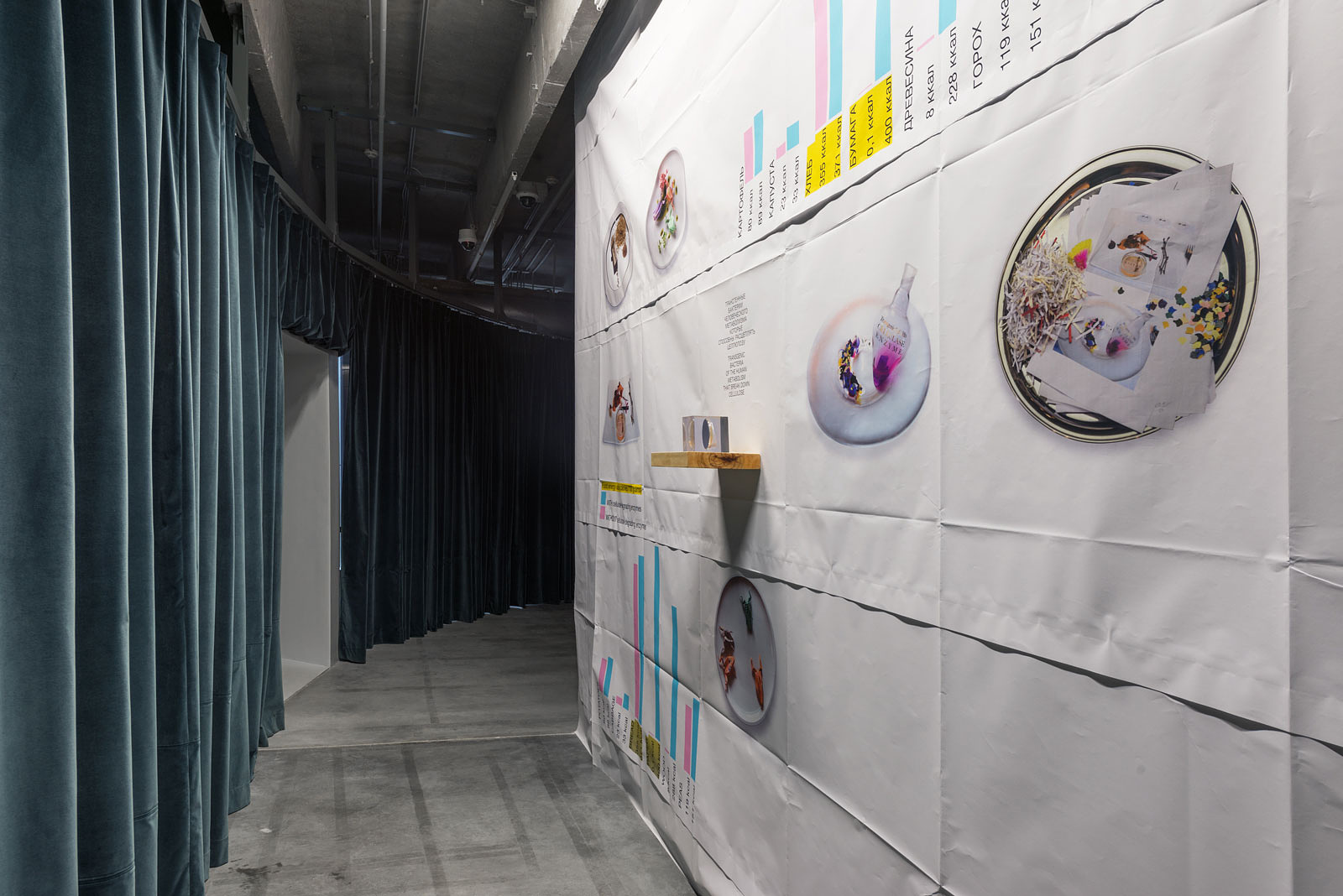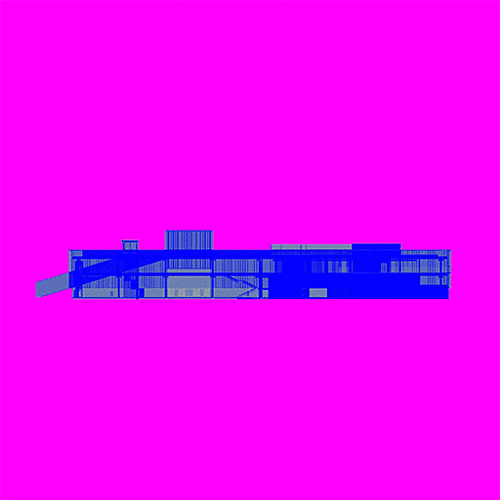
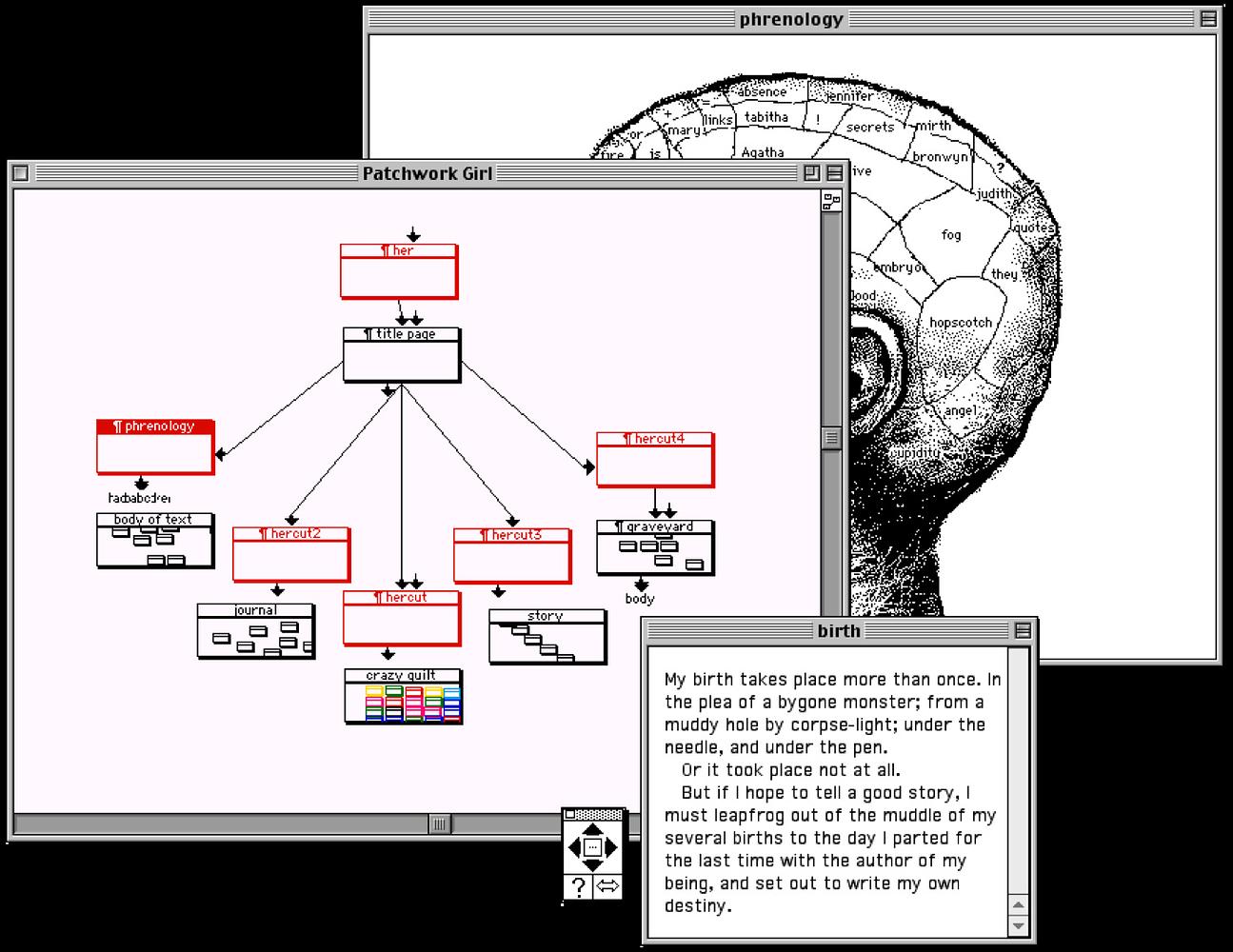
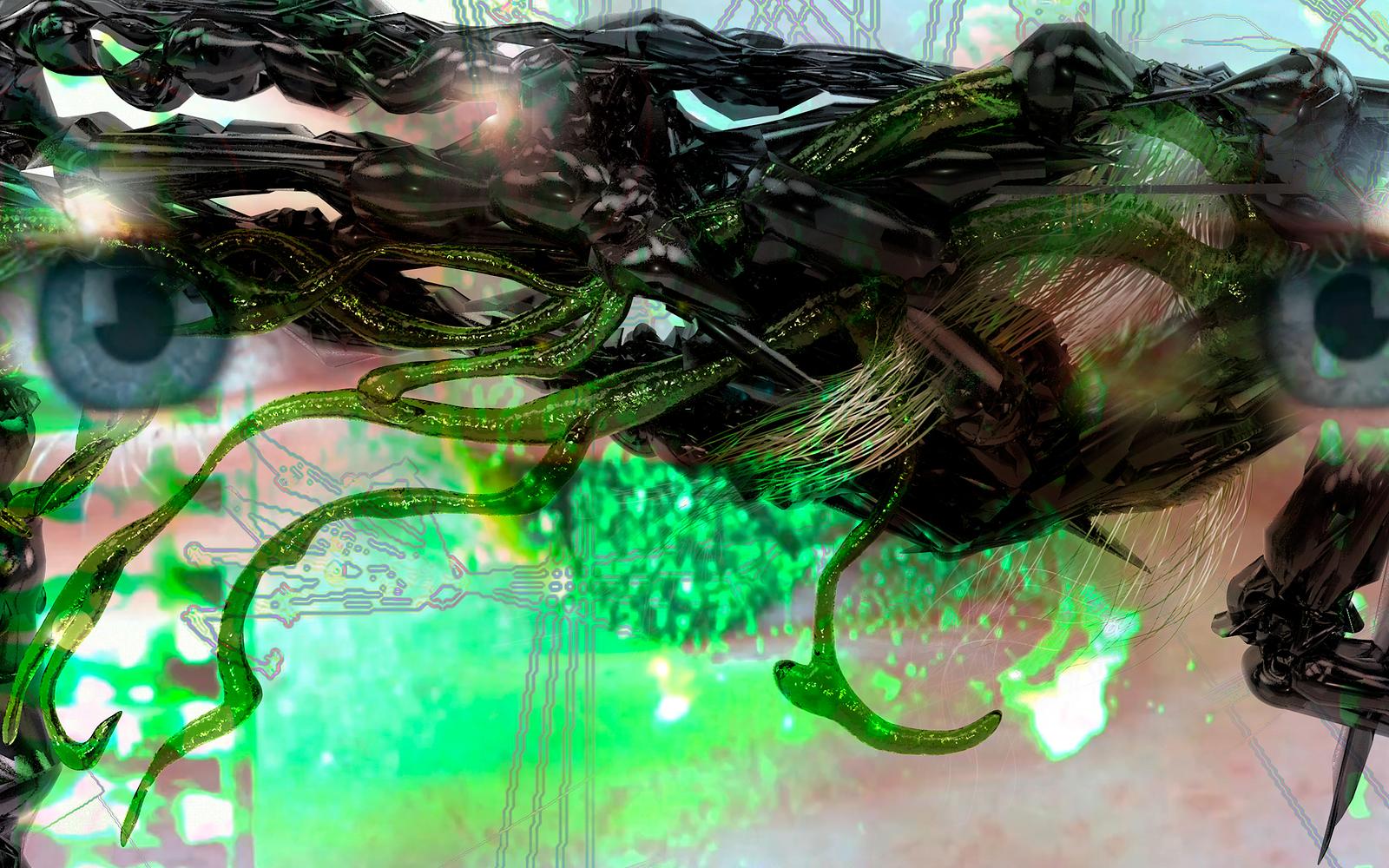
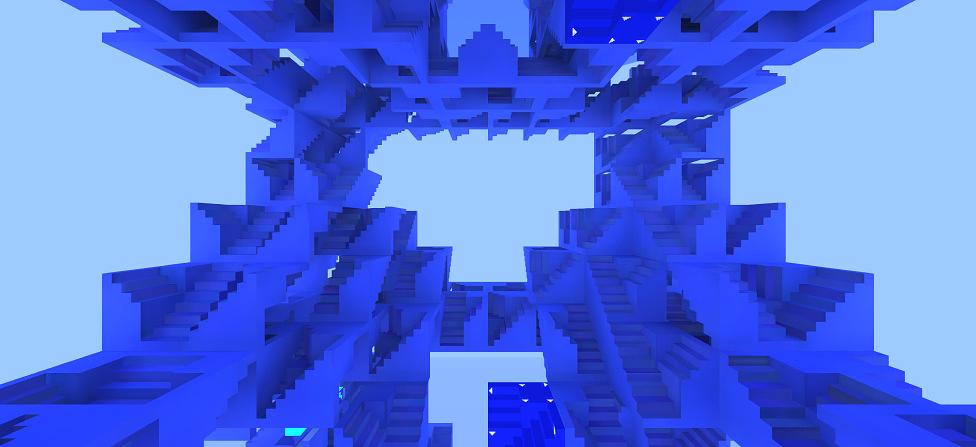
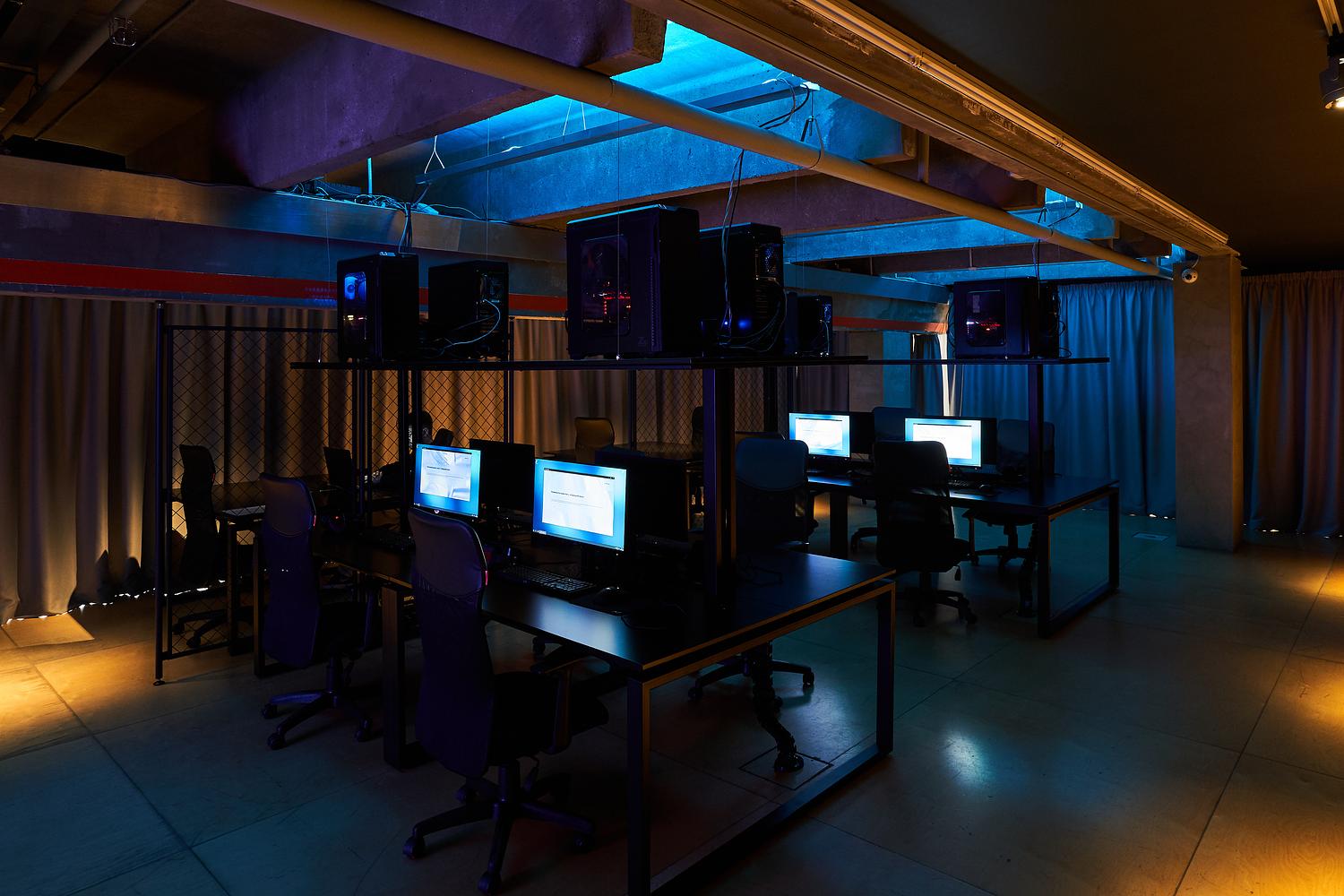

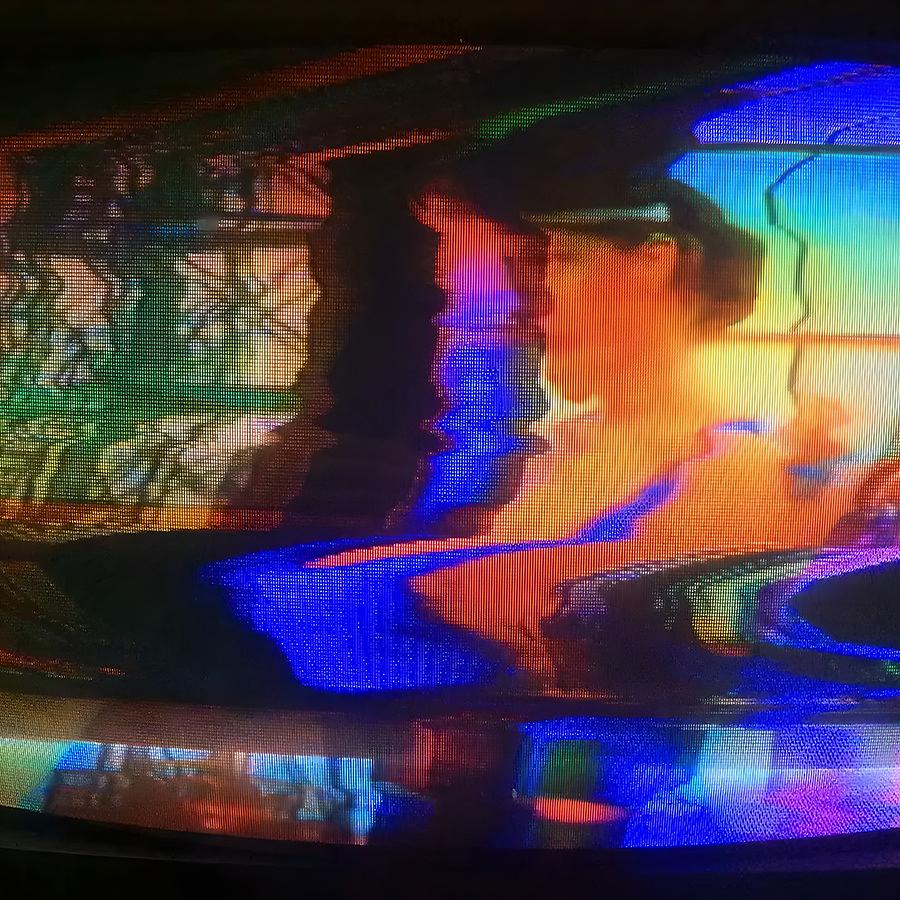
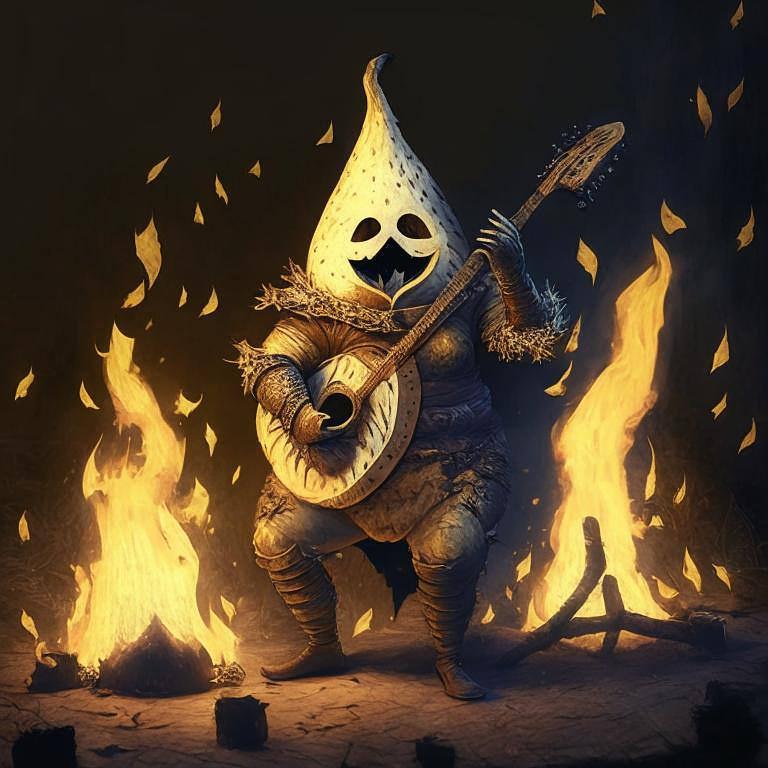
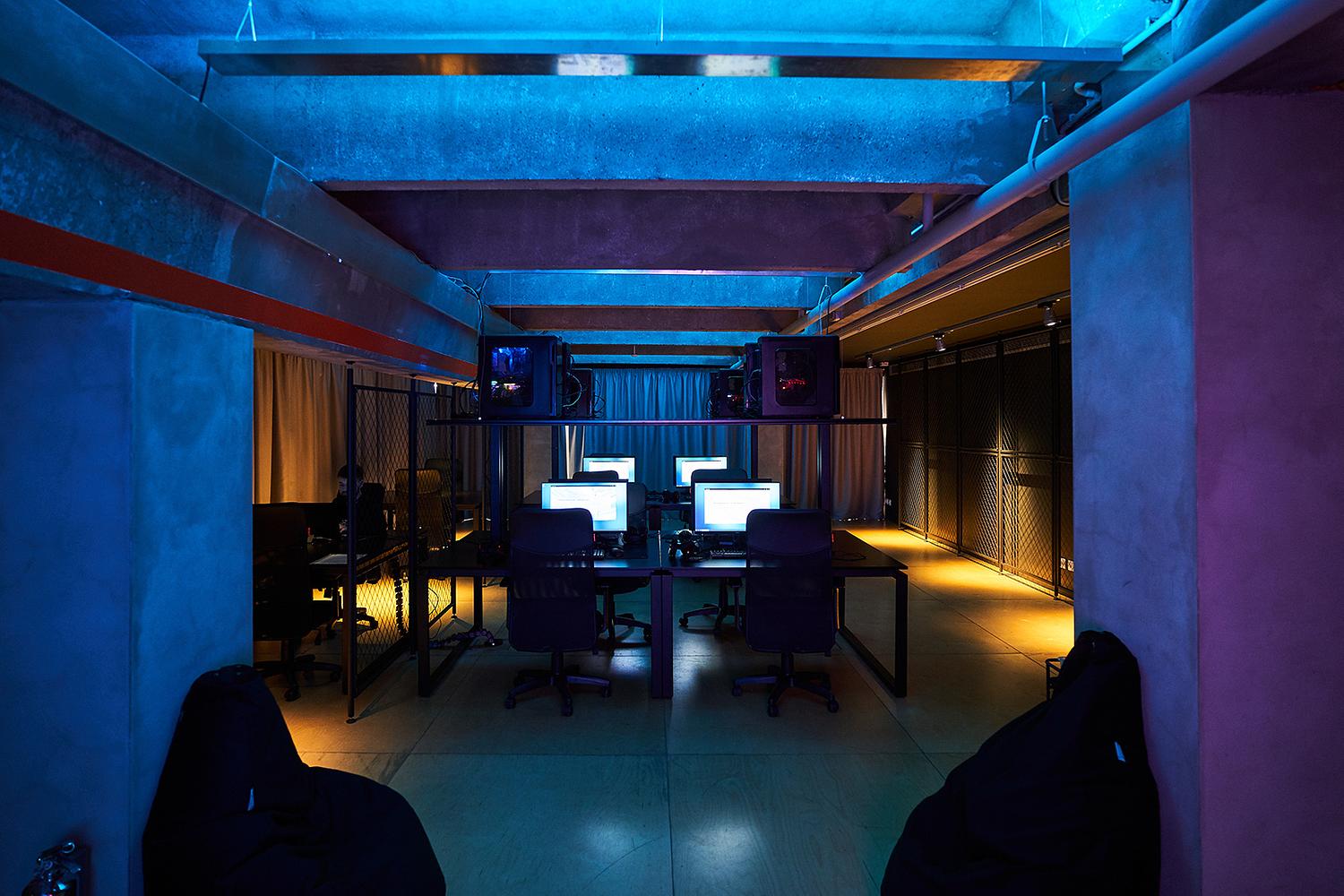
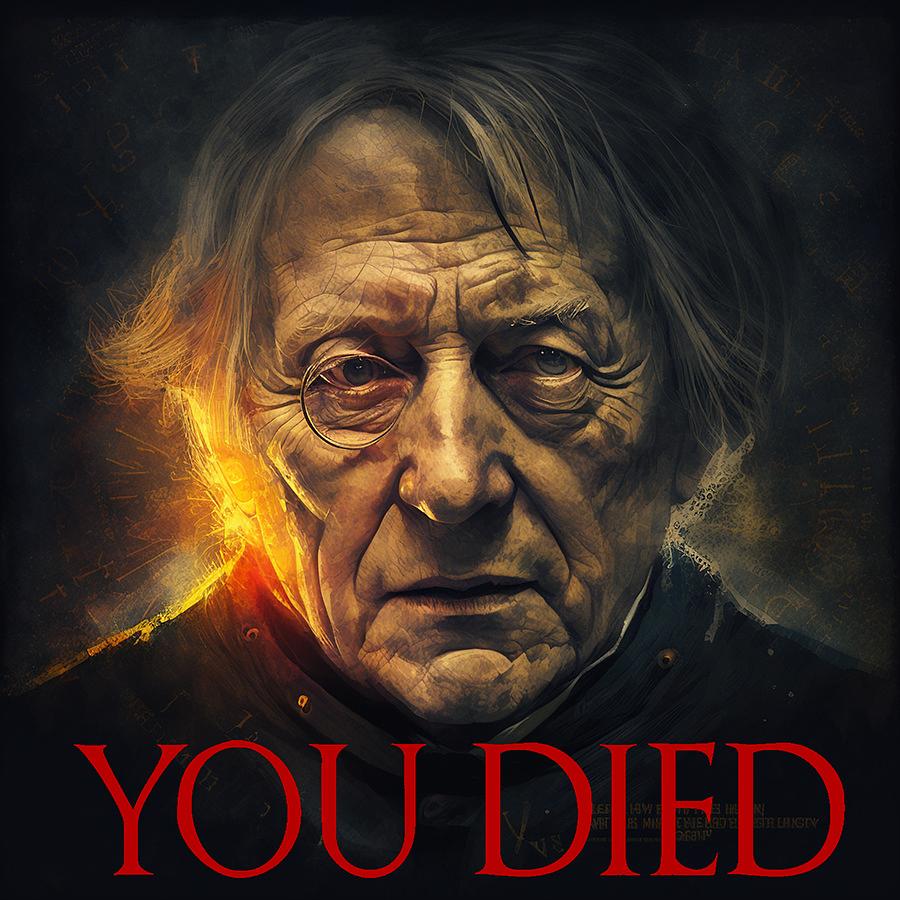
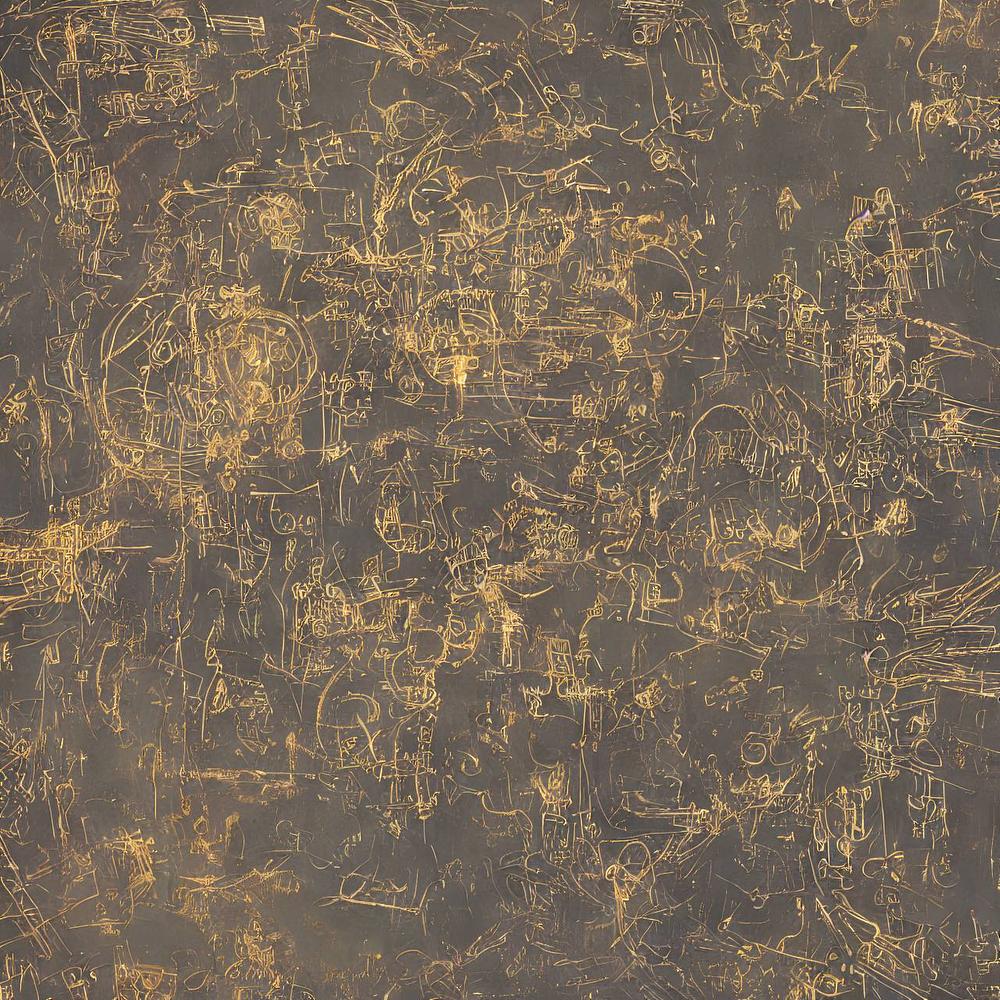
The main goal of the seminar is to transform gaming practice, which is casually believed to be a nonimportant recreational activity, into a training ground for the production of knowledge and social and cultural studies.
This event is part of the public program of the World Gone By computer class.
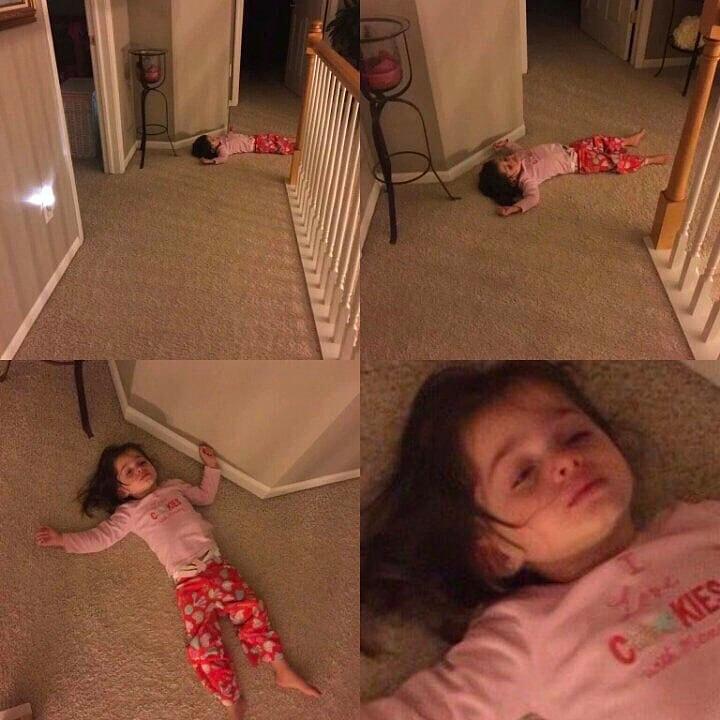
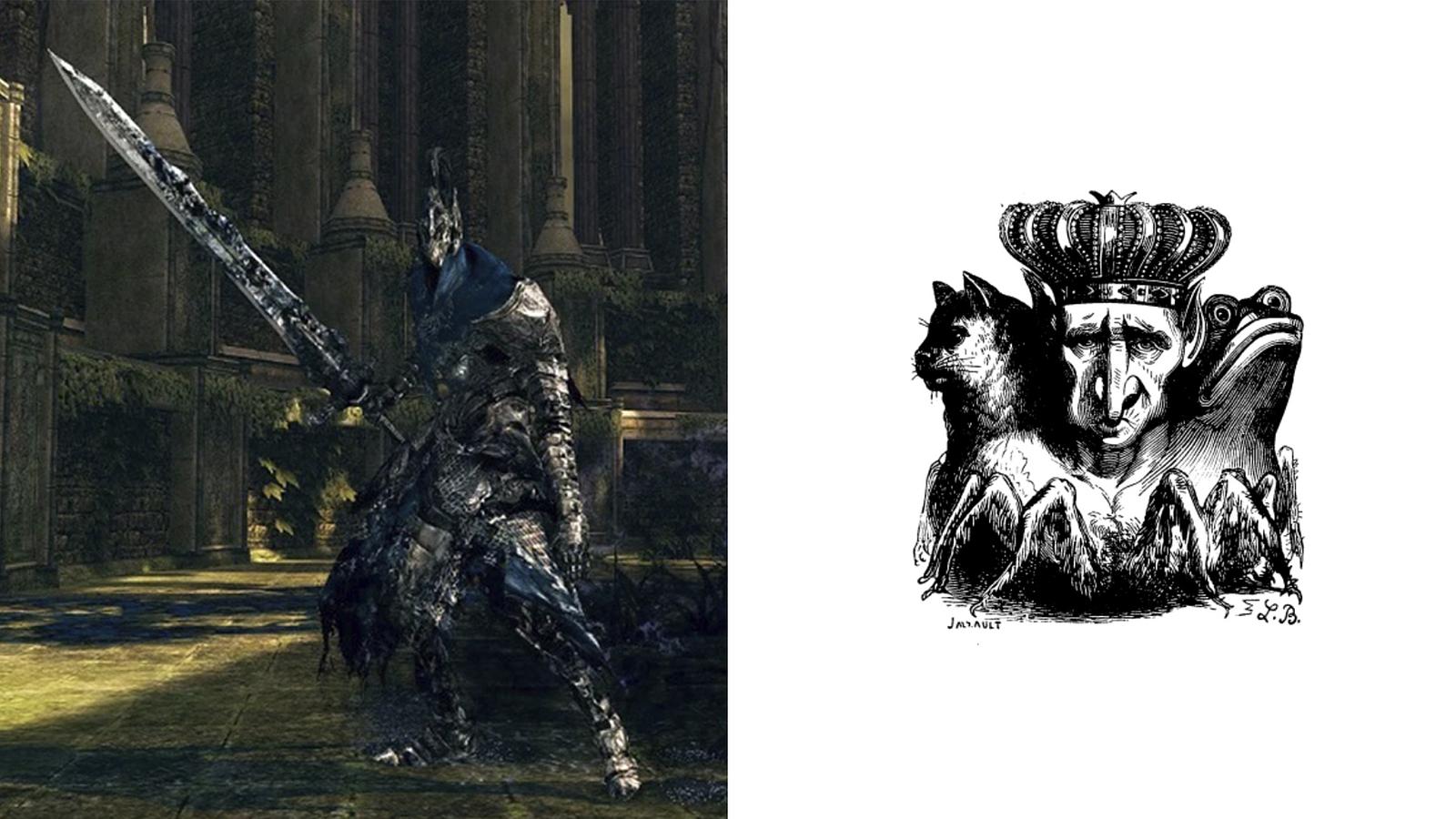
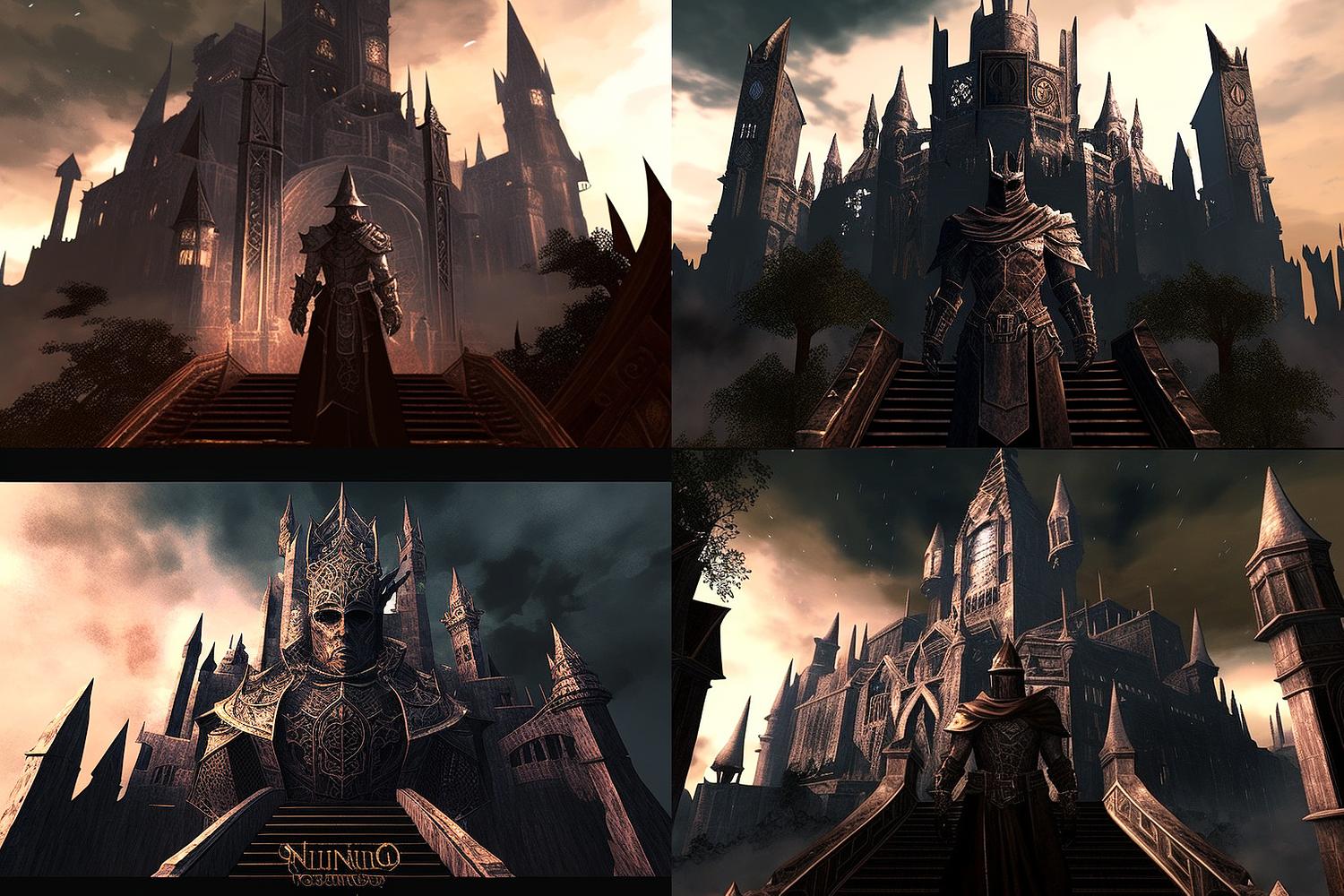
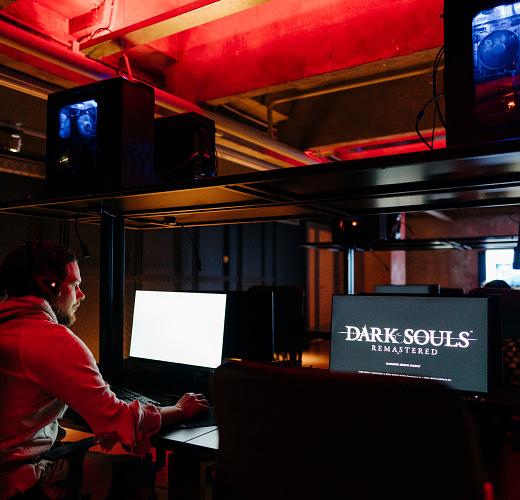
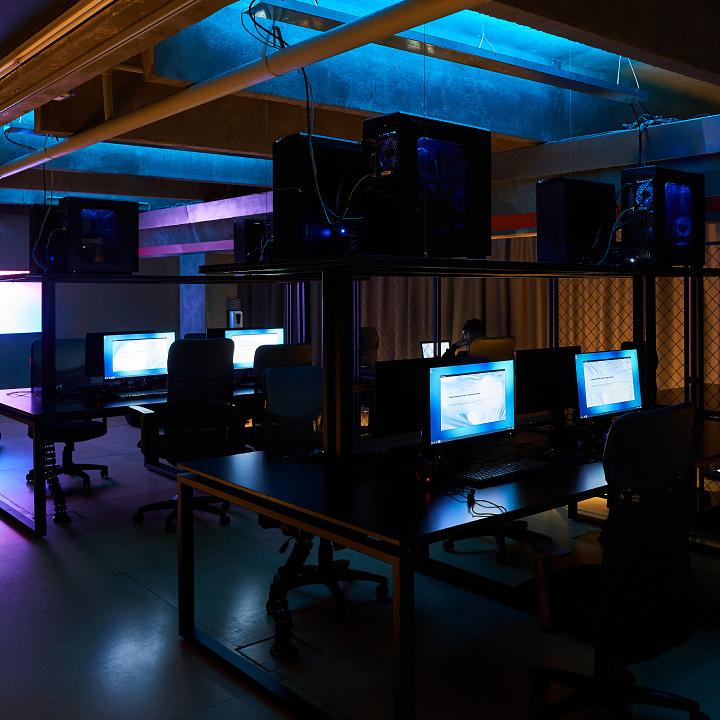

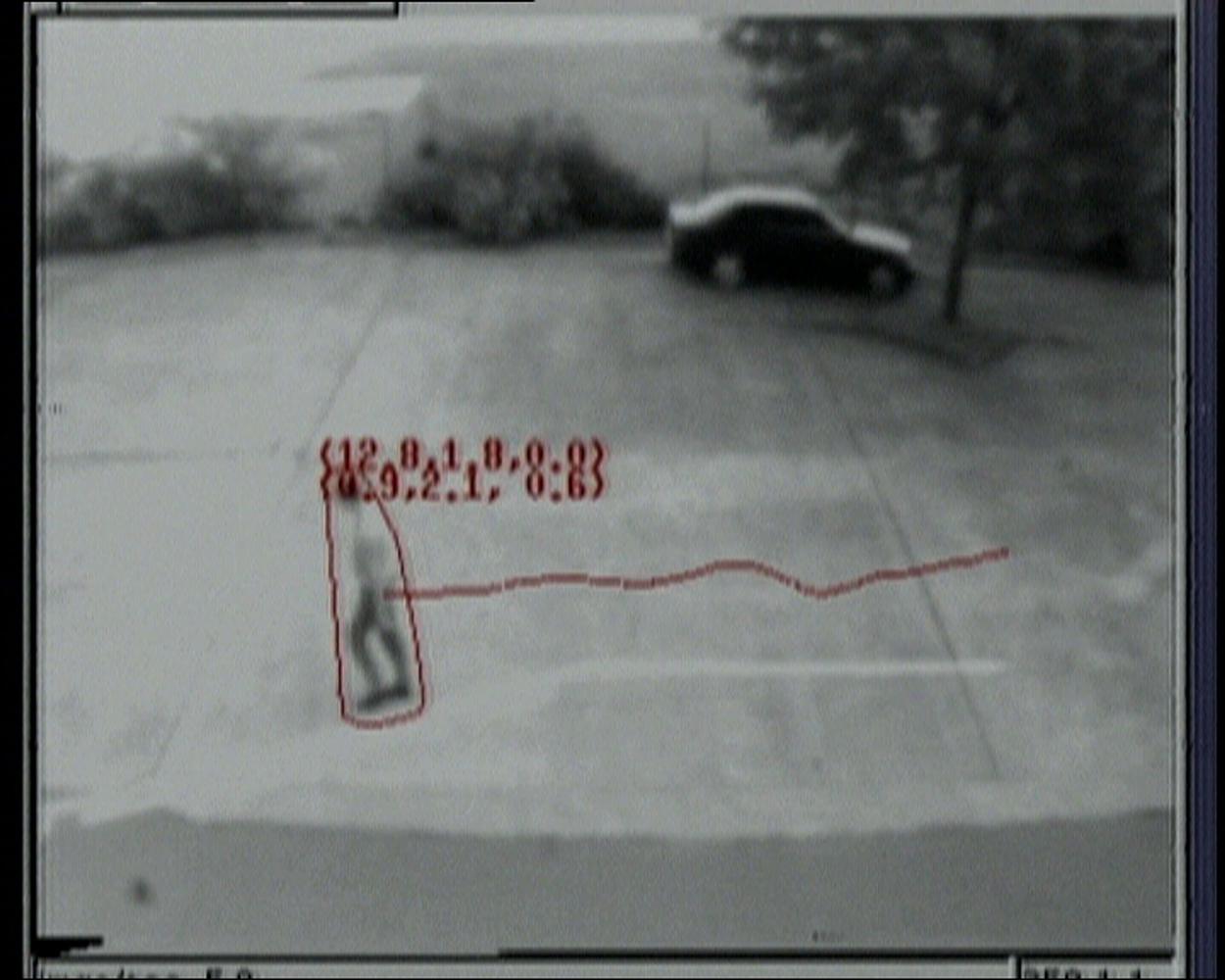
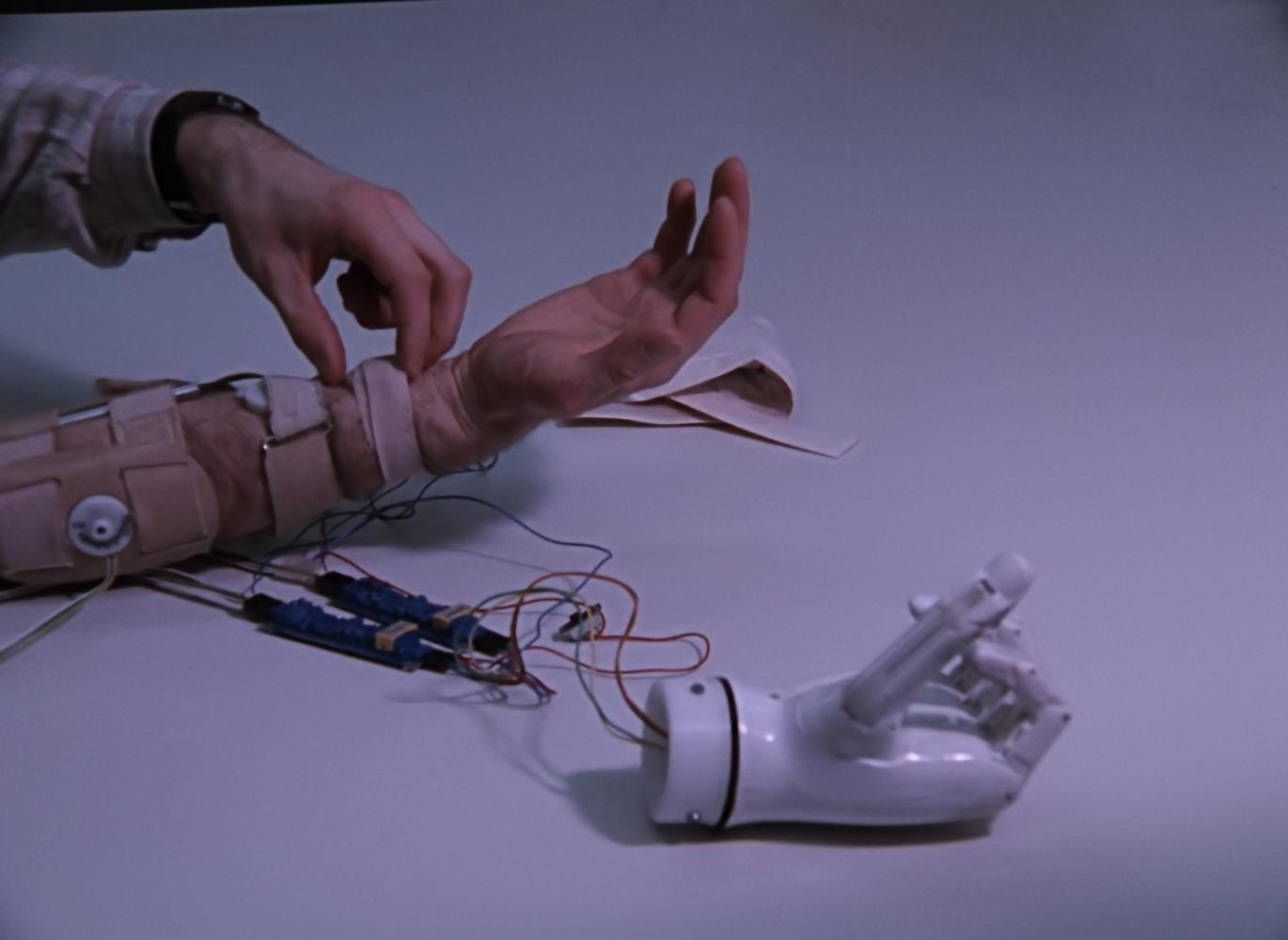
Garage Digital stopped working on this project.

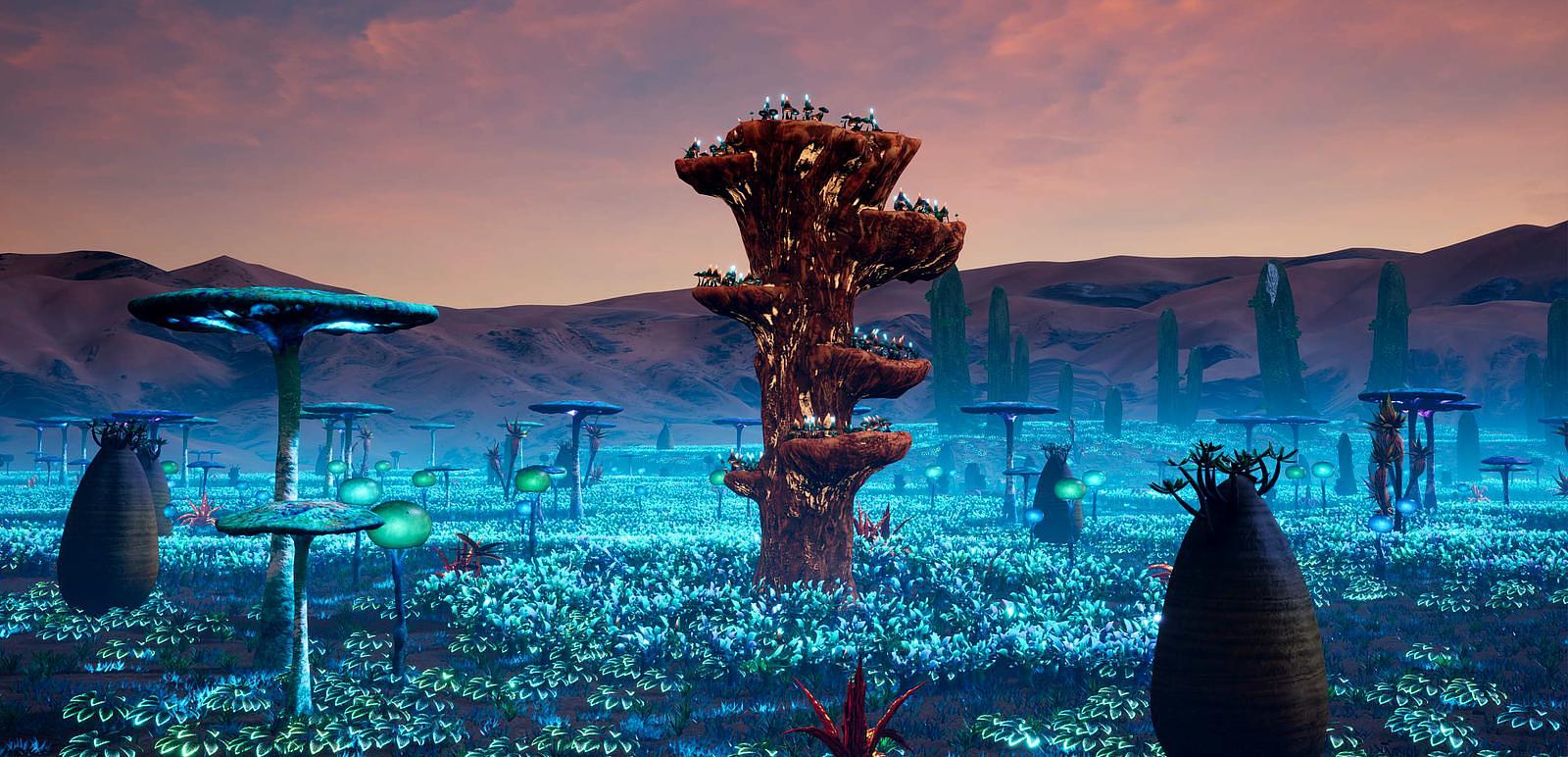
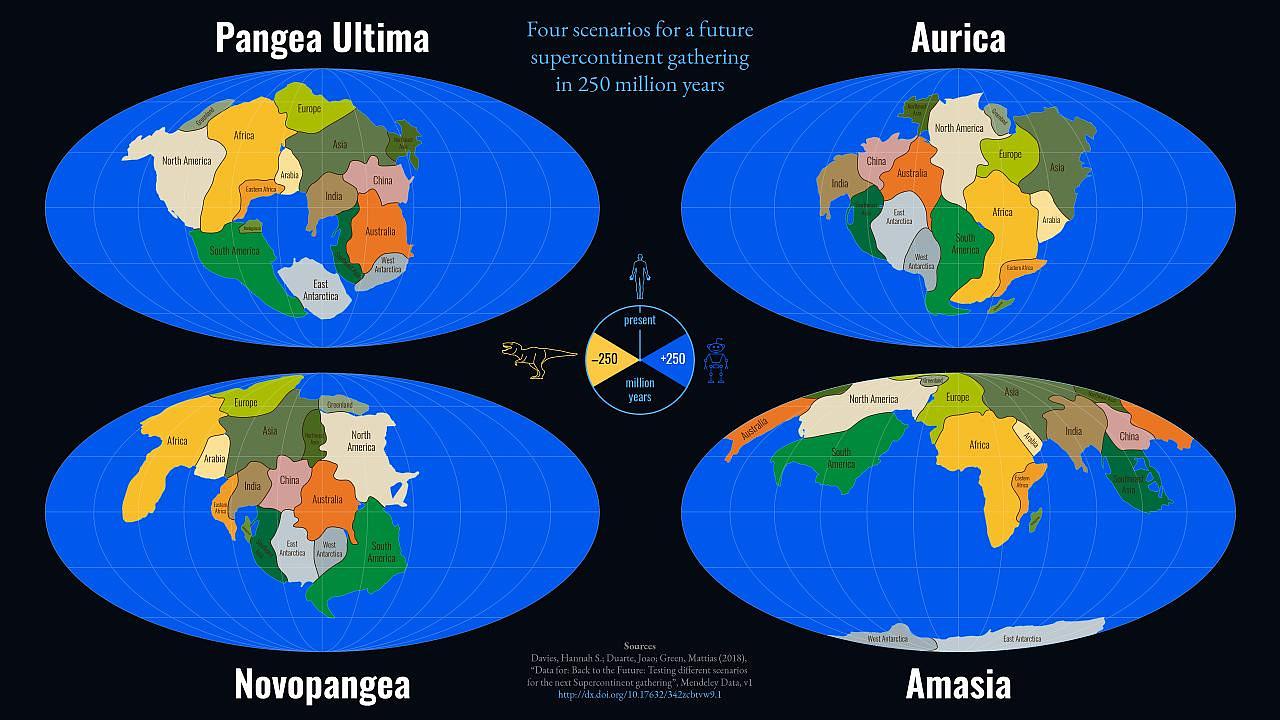
Performance Hydrogen City is the new site-specific performance by Digital Object Alliance invites visitors to experience the materiality of a speculative world of the future through the possible embodiment of videogame logics. The performance took place at Hyundai Motorstudio Moscow as part of the joint program by Garage Digital and the online platform Rhizome for the international exhibition World on a Wire.
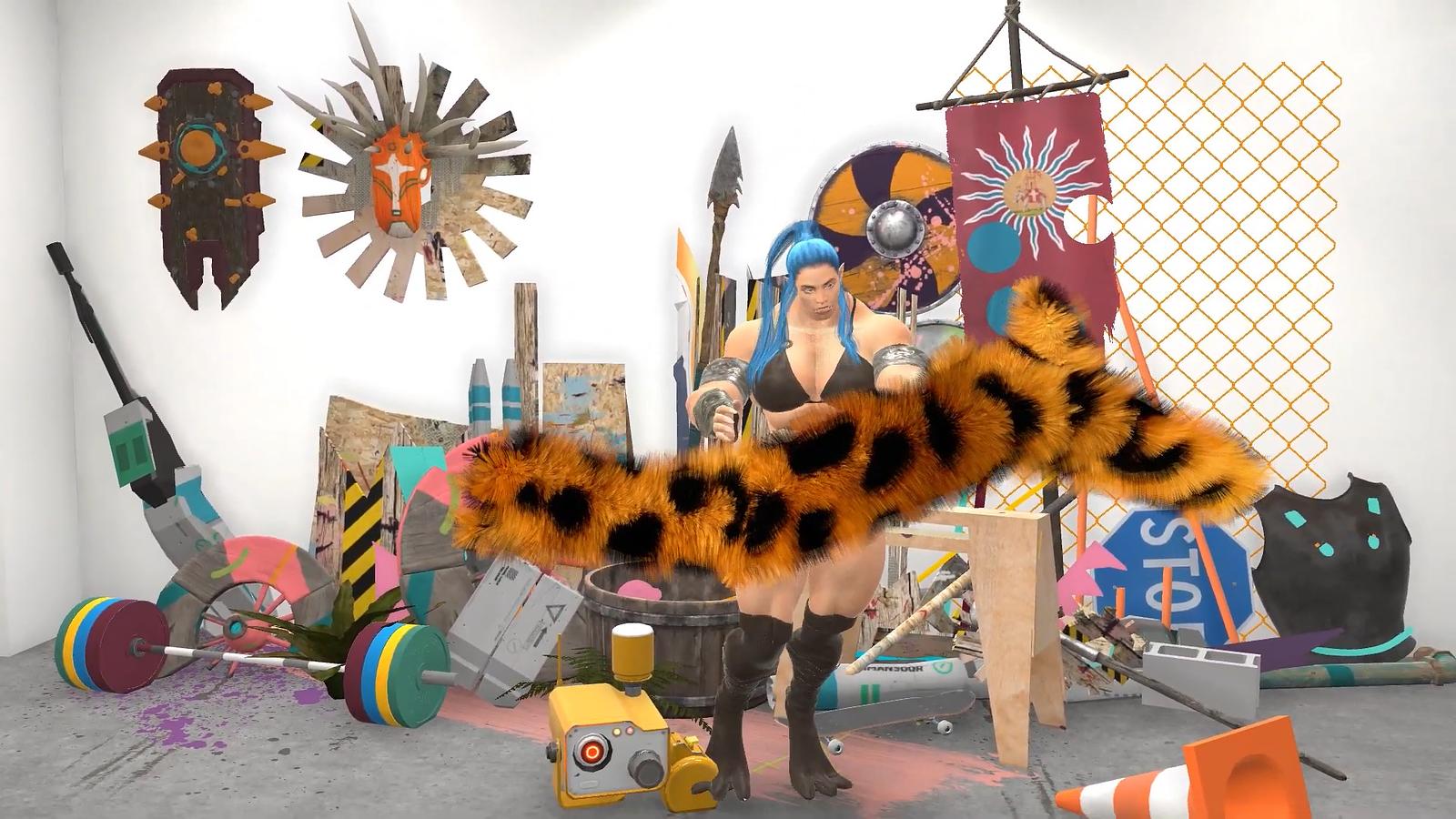
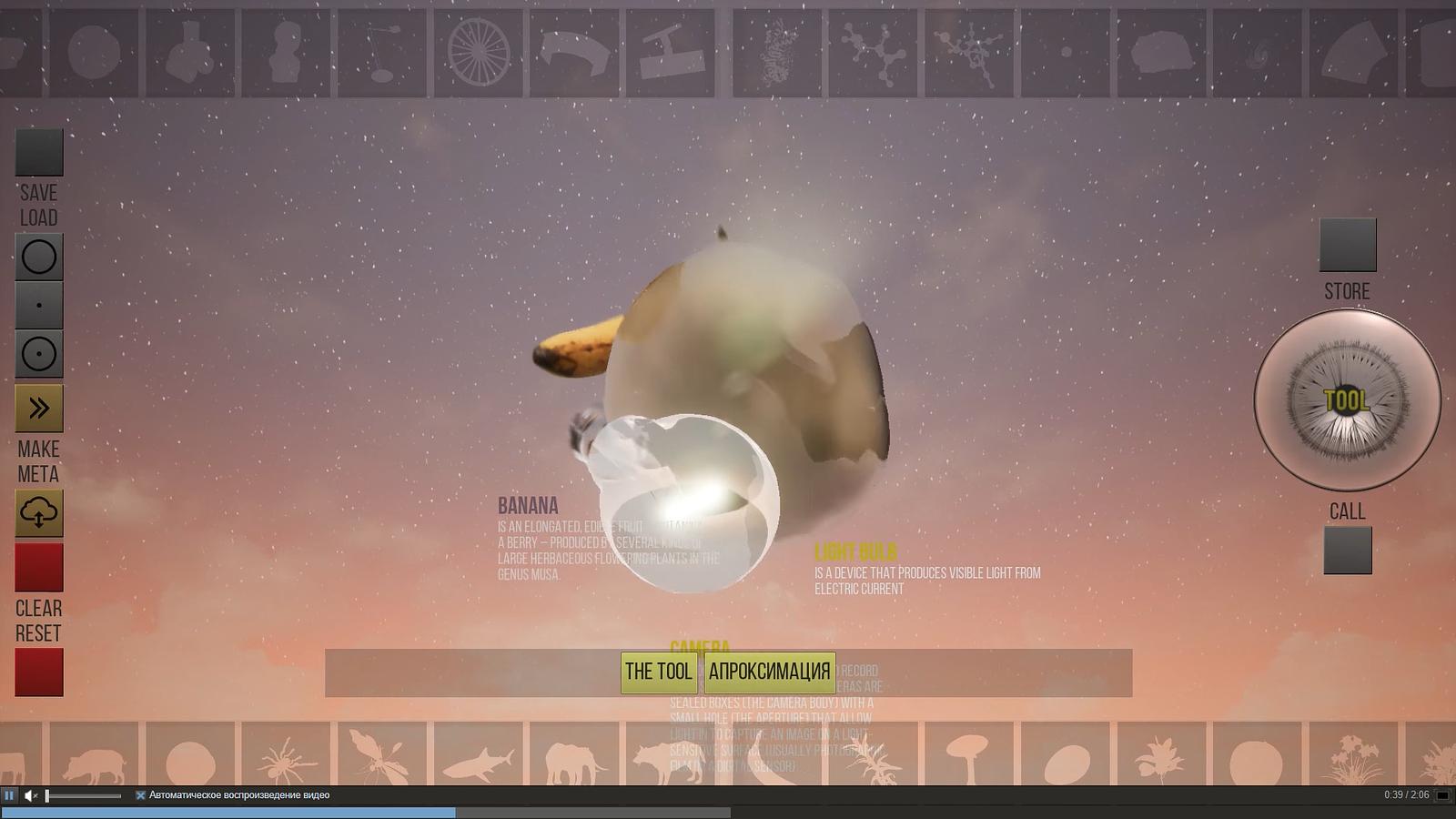
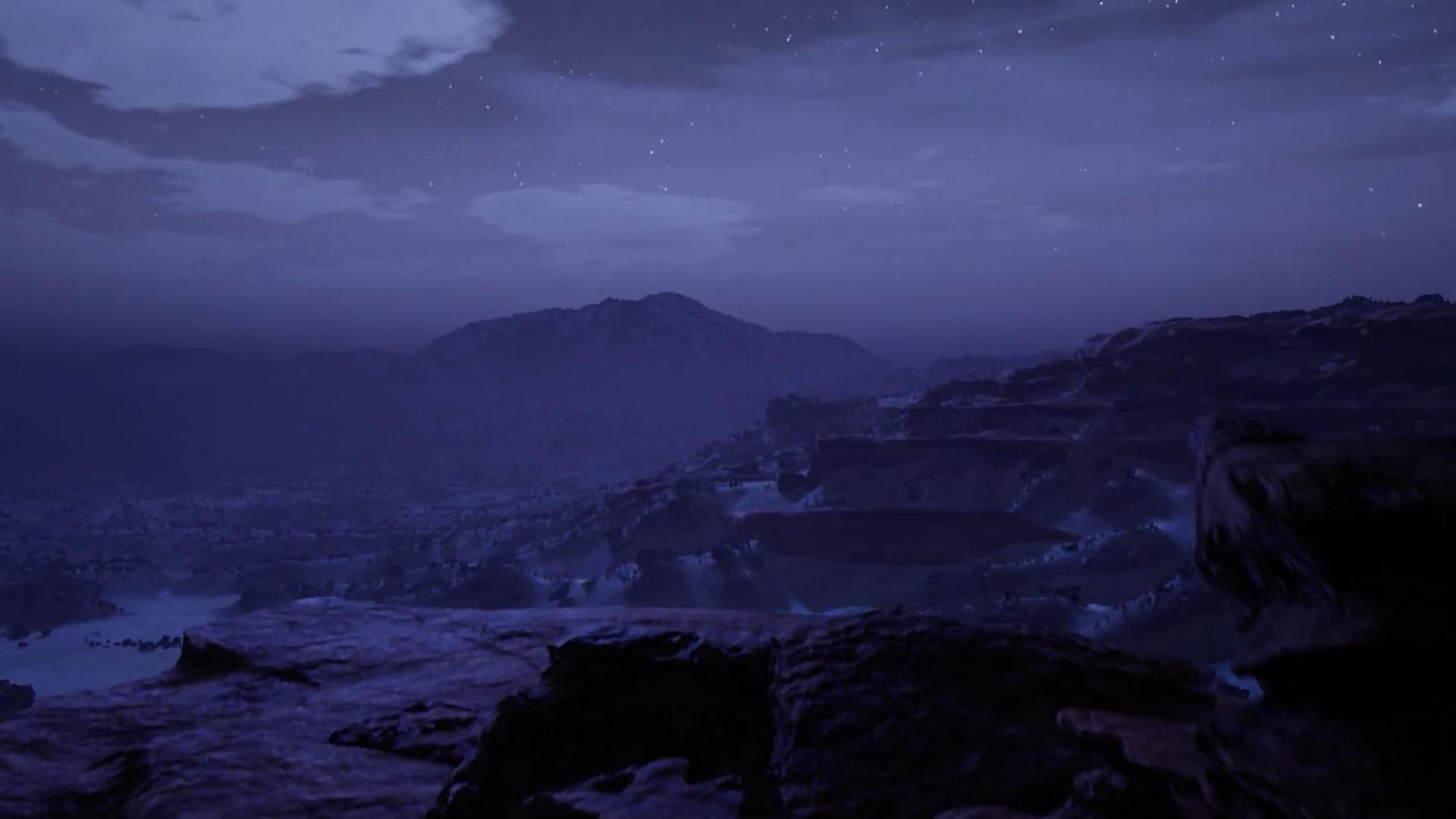
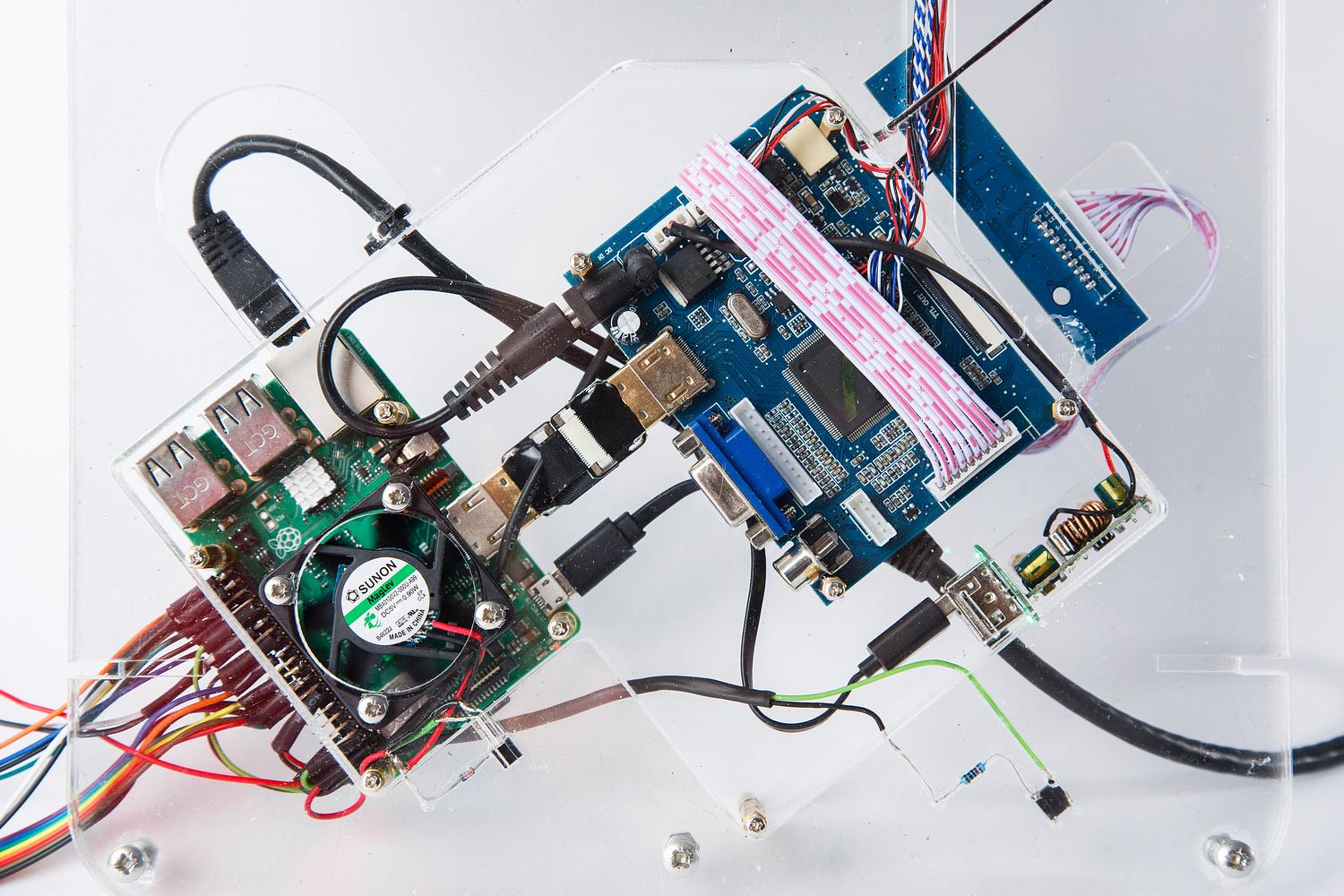
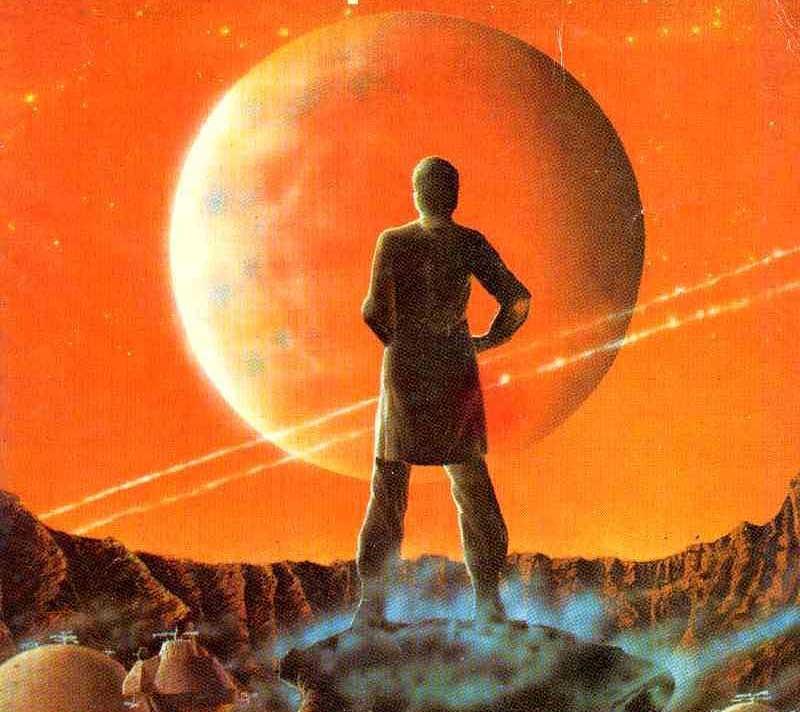
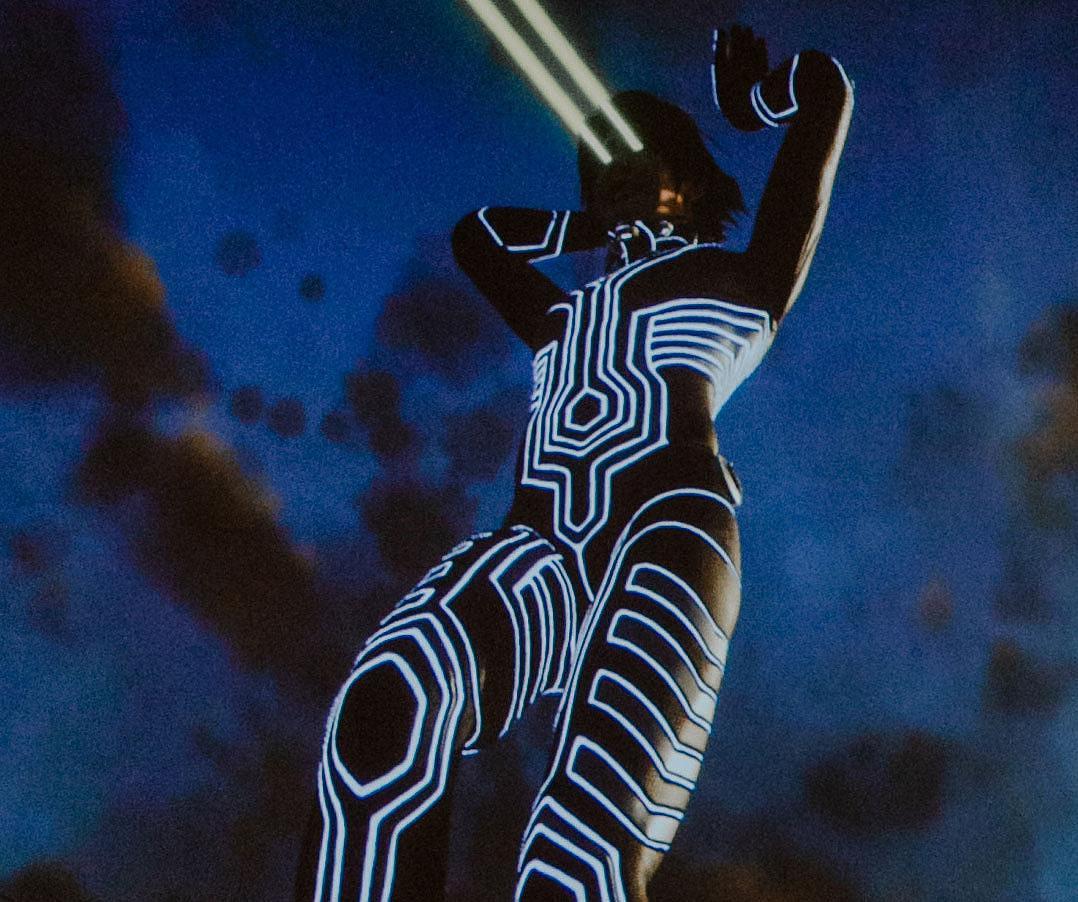
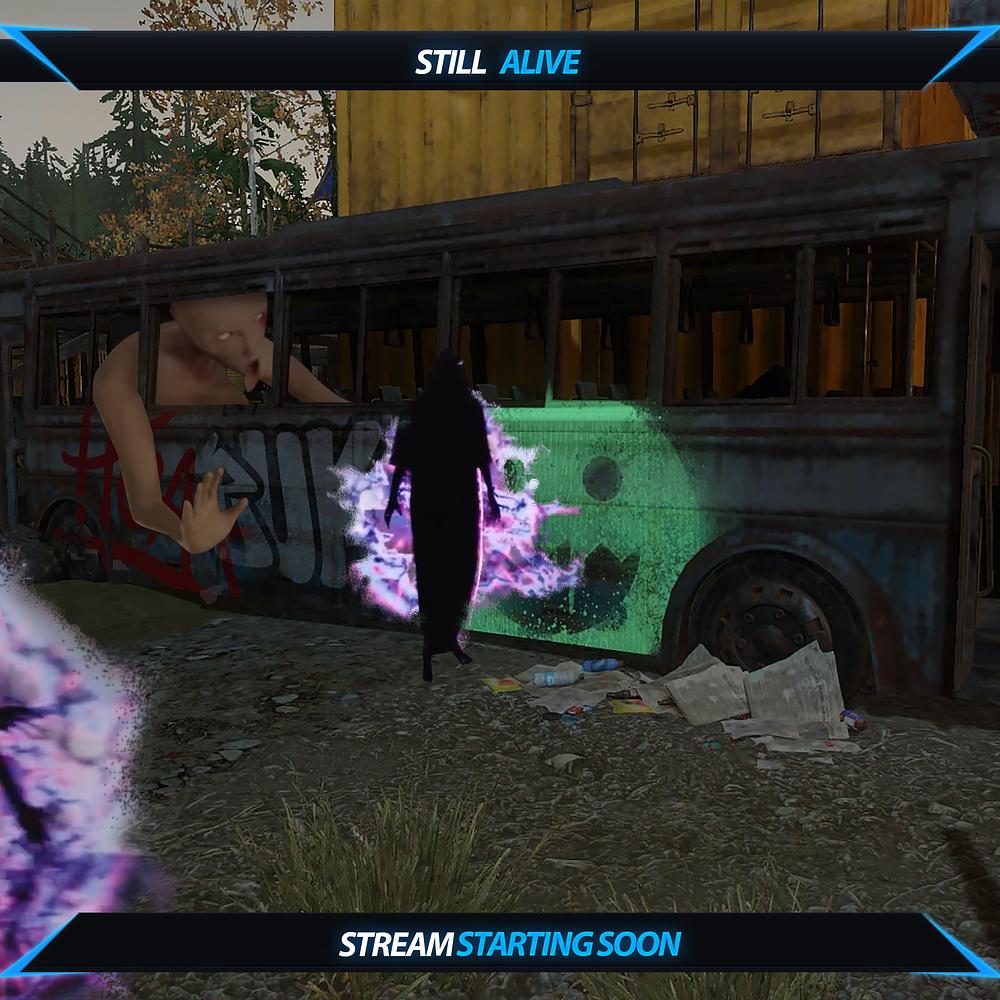
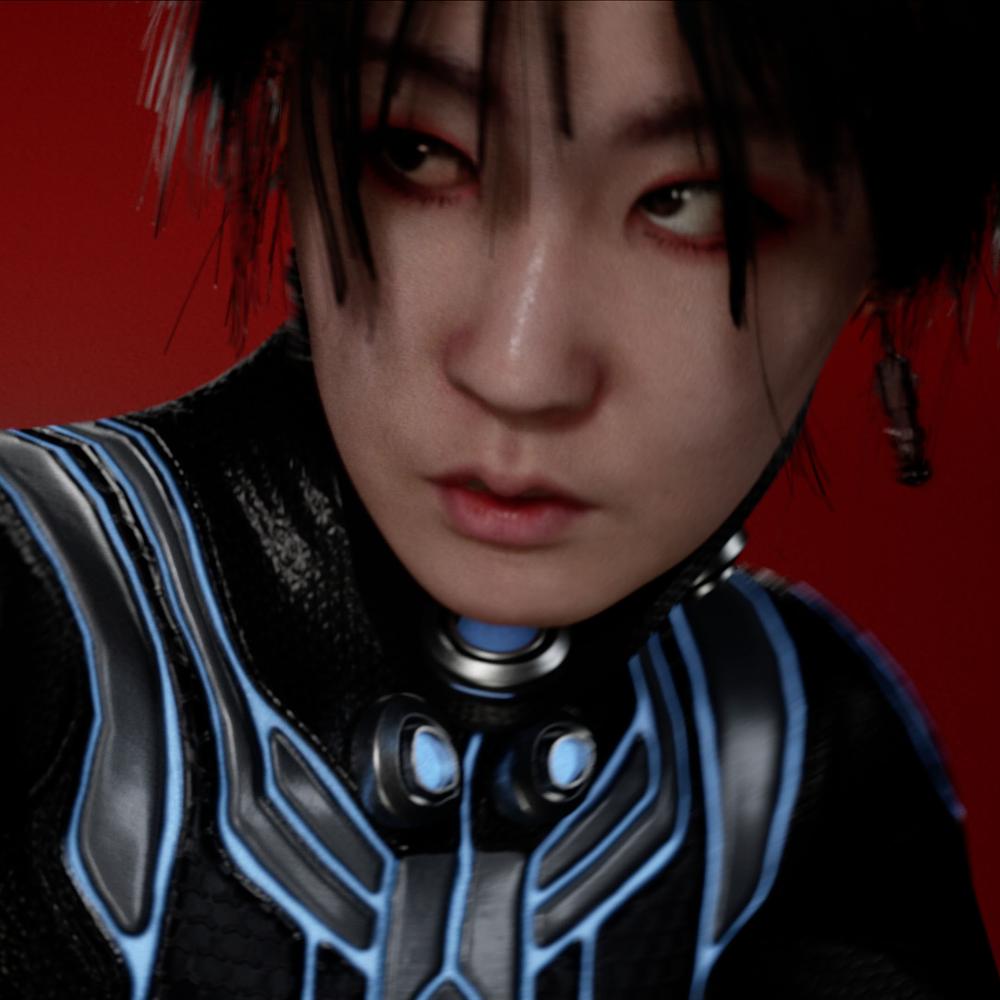
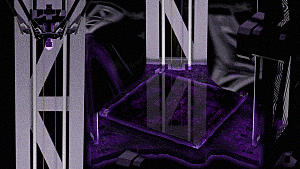
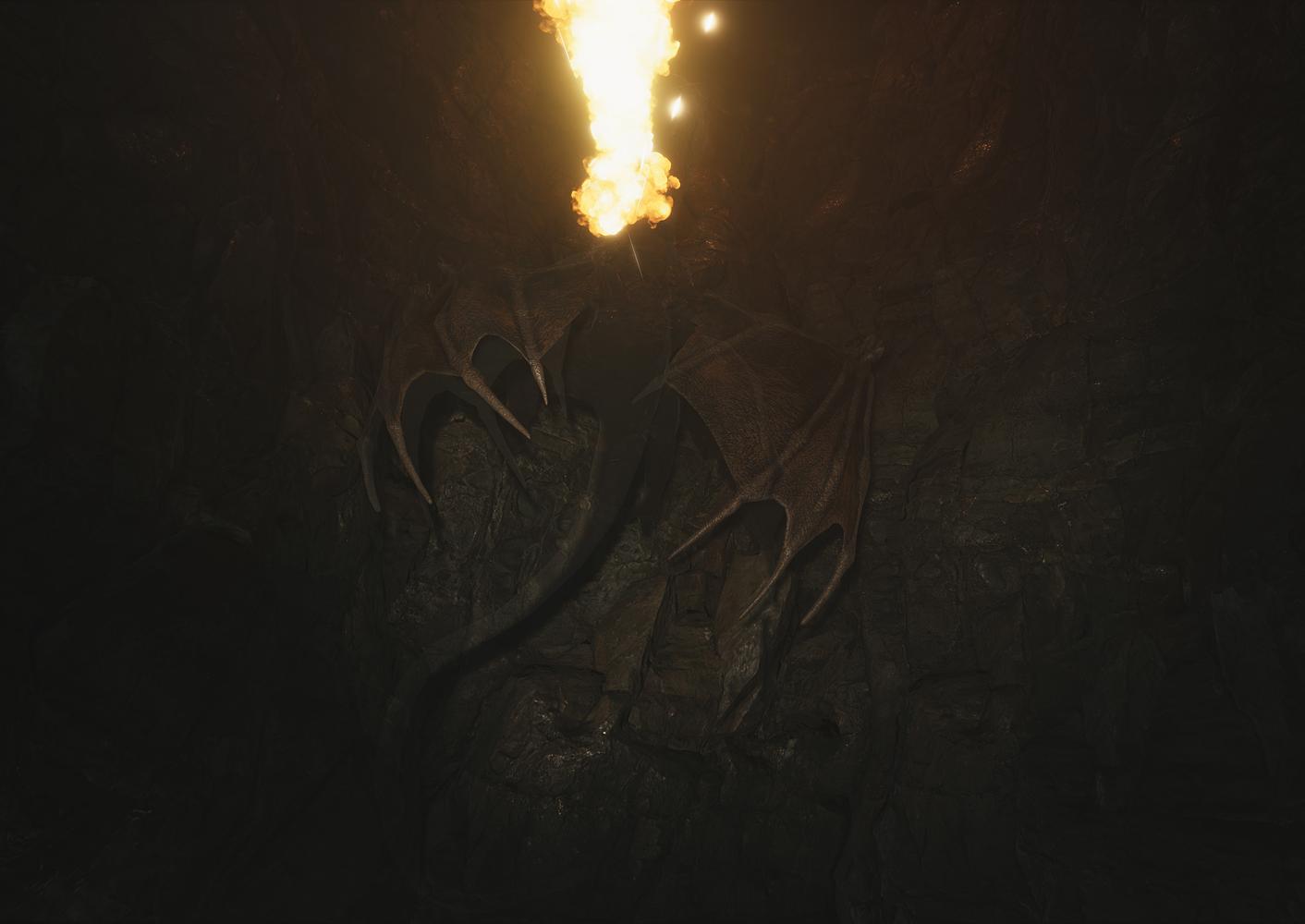
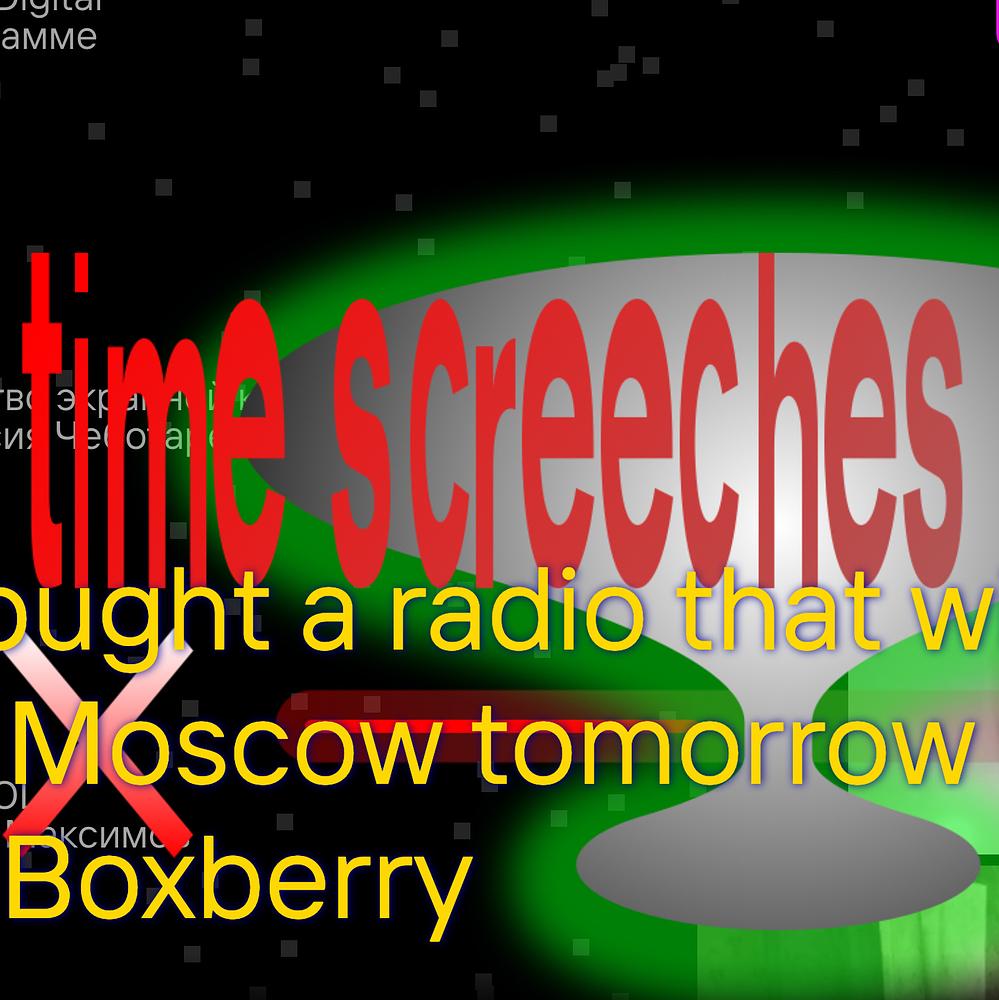
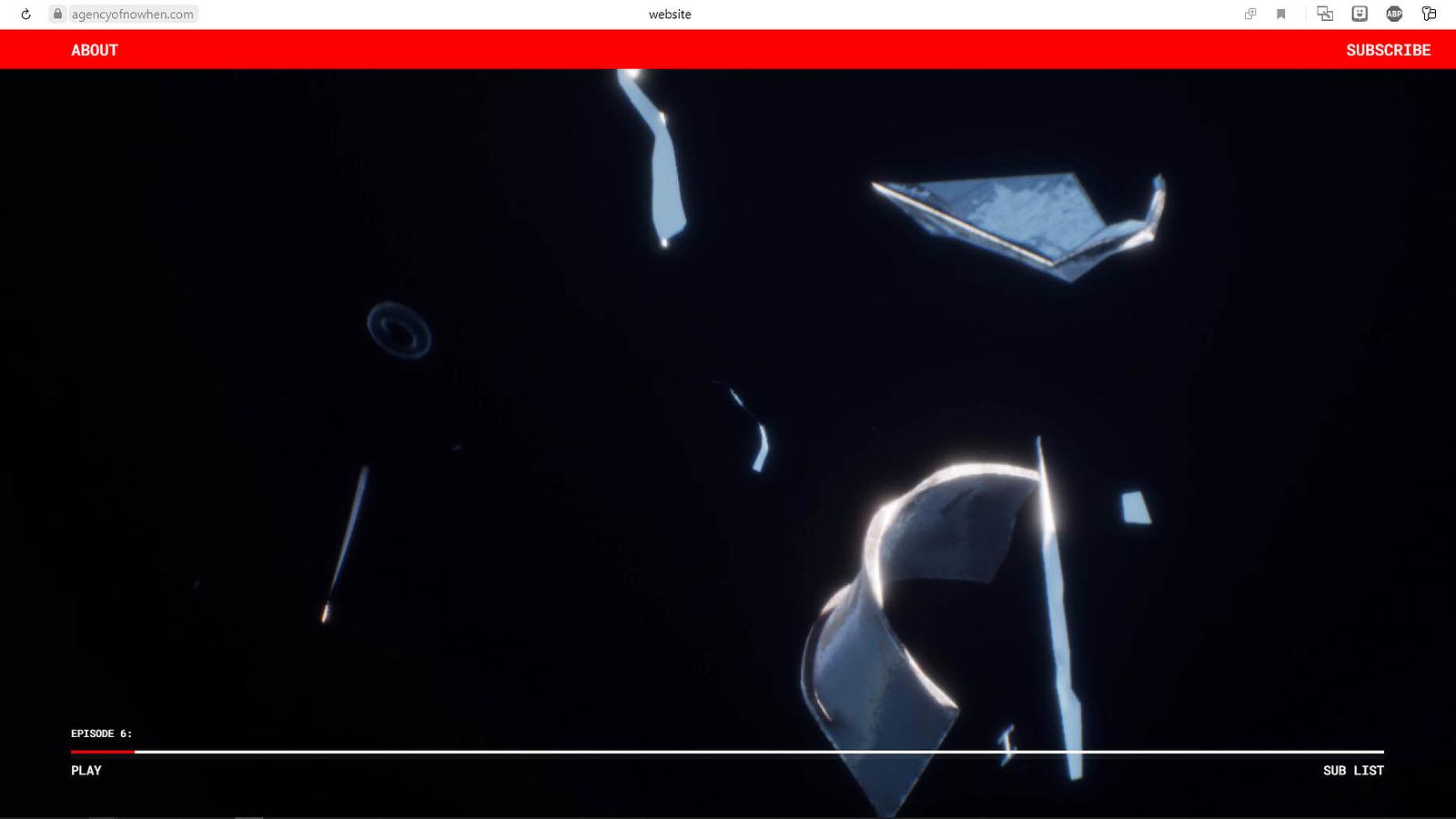
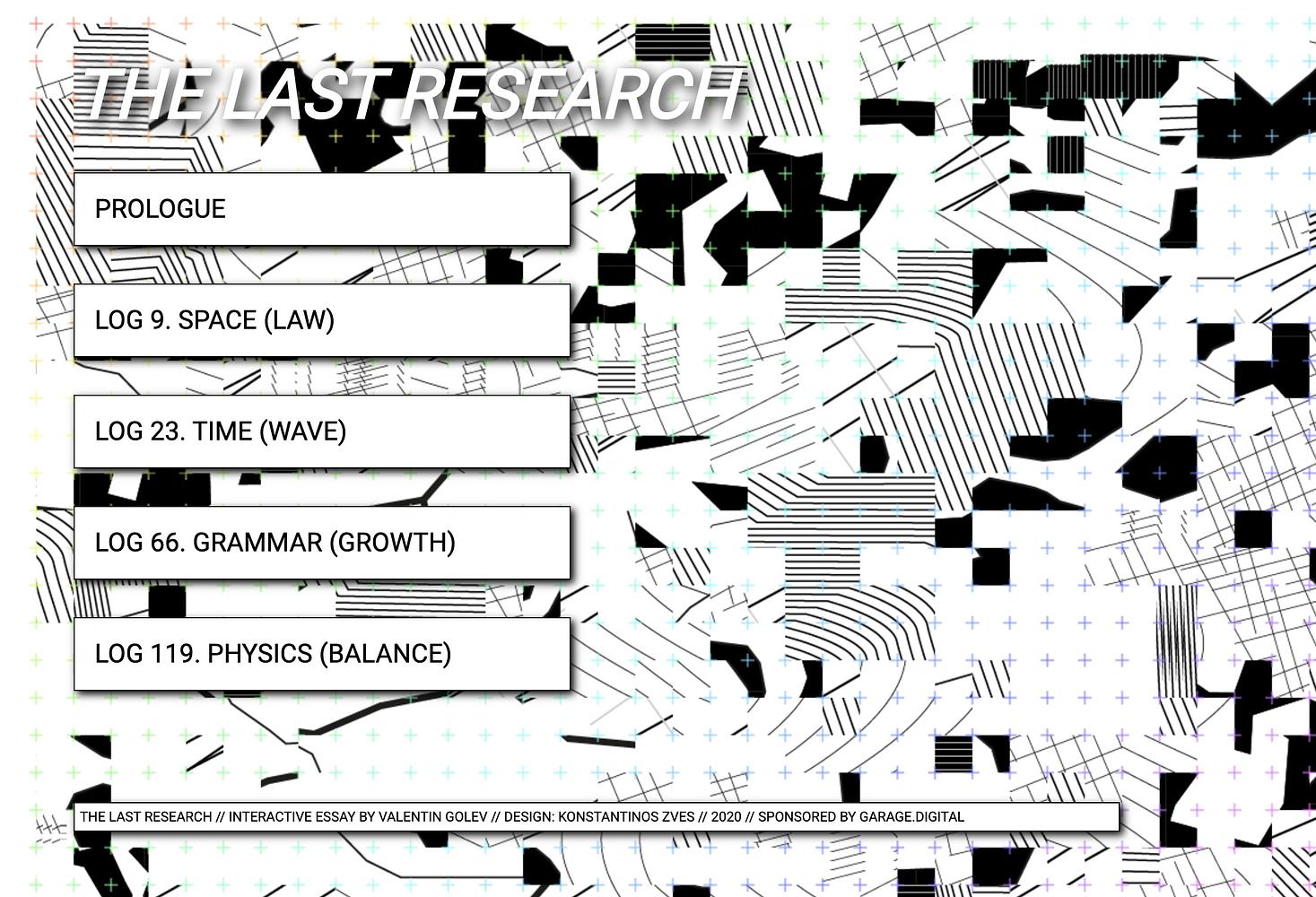
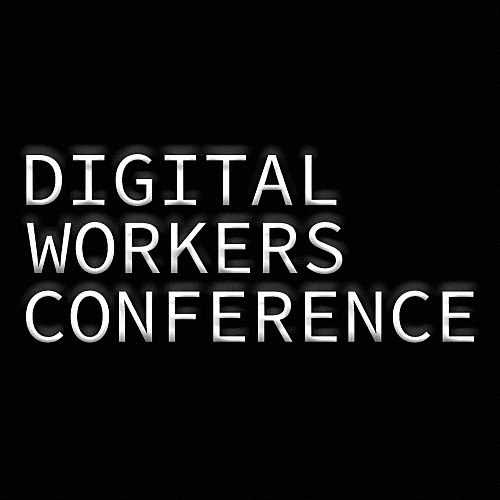
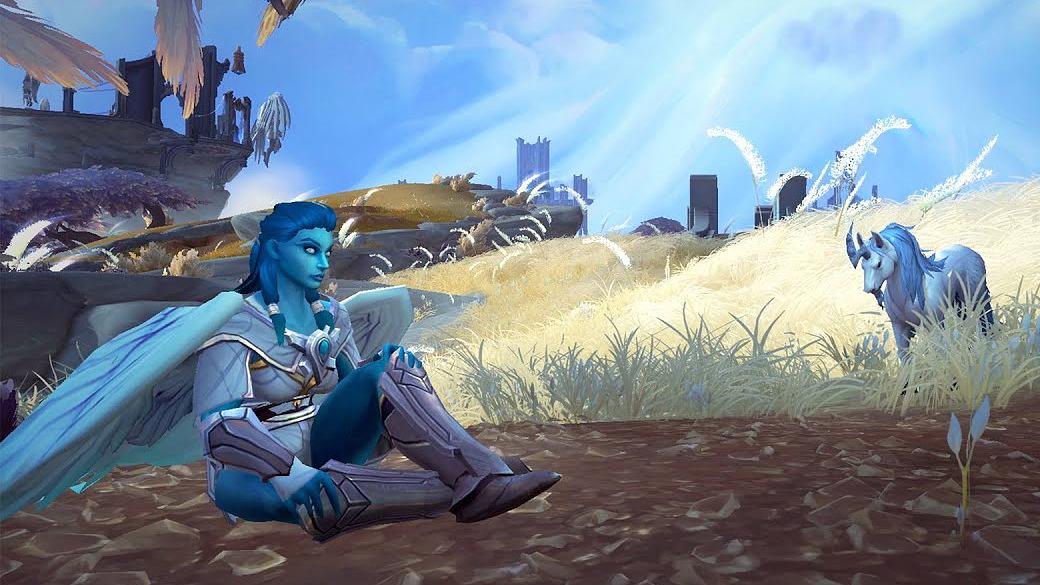
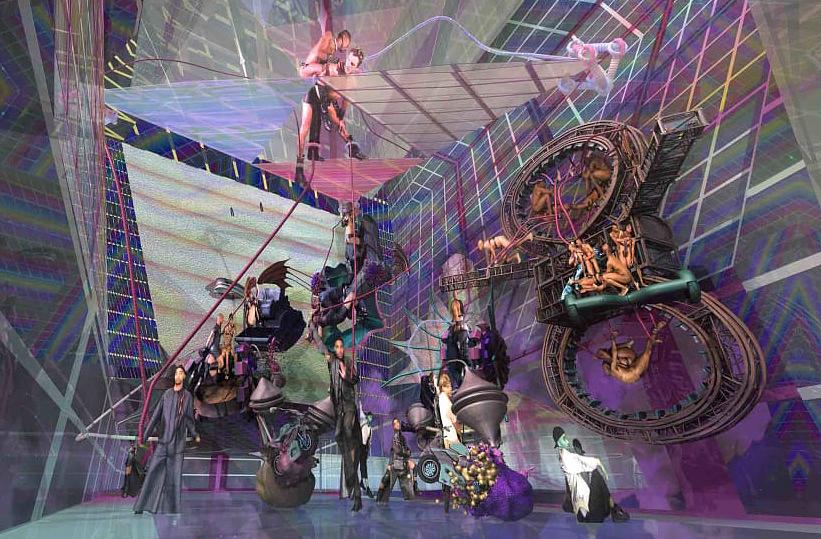
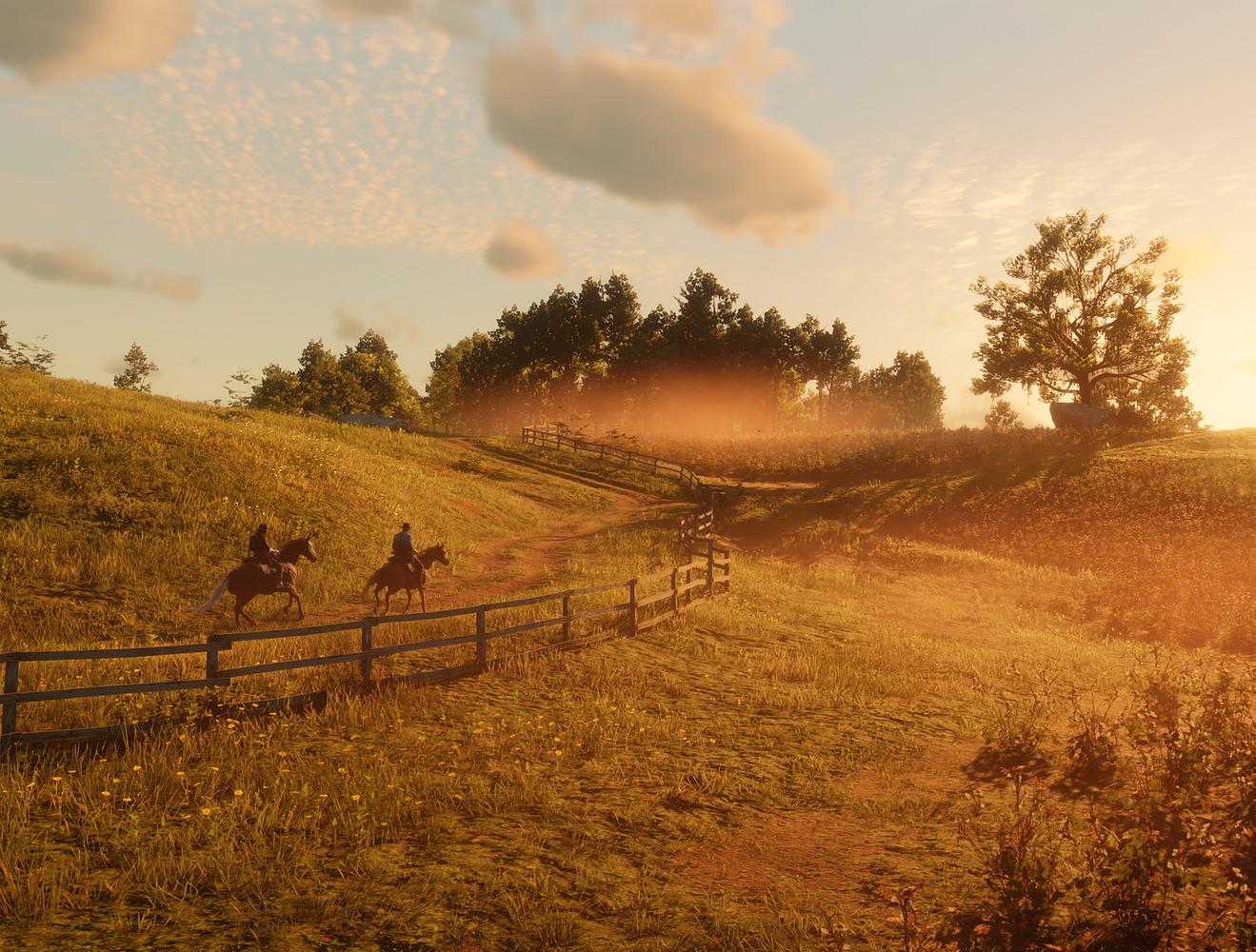
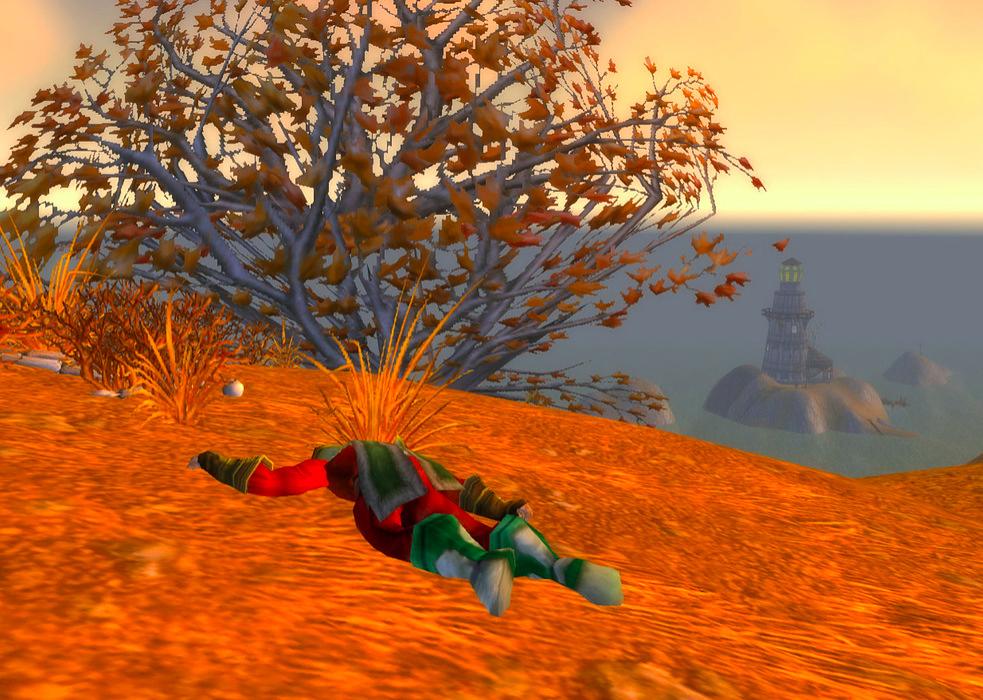
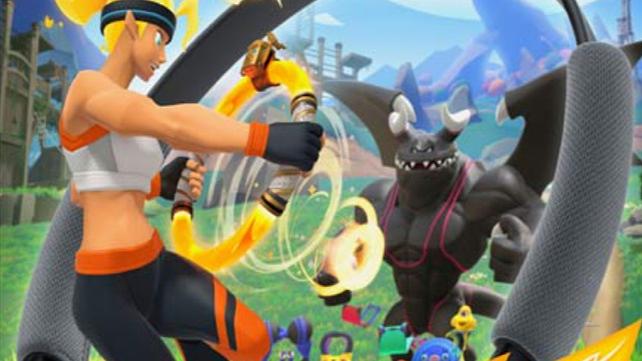
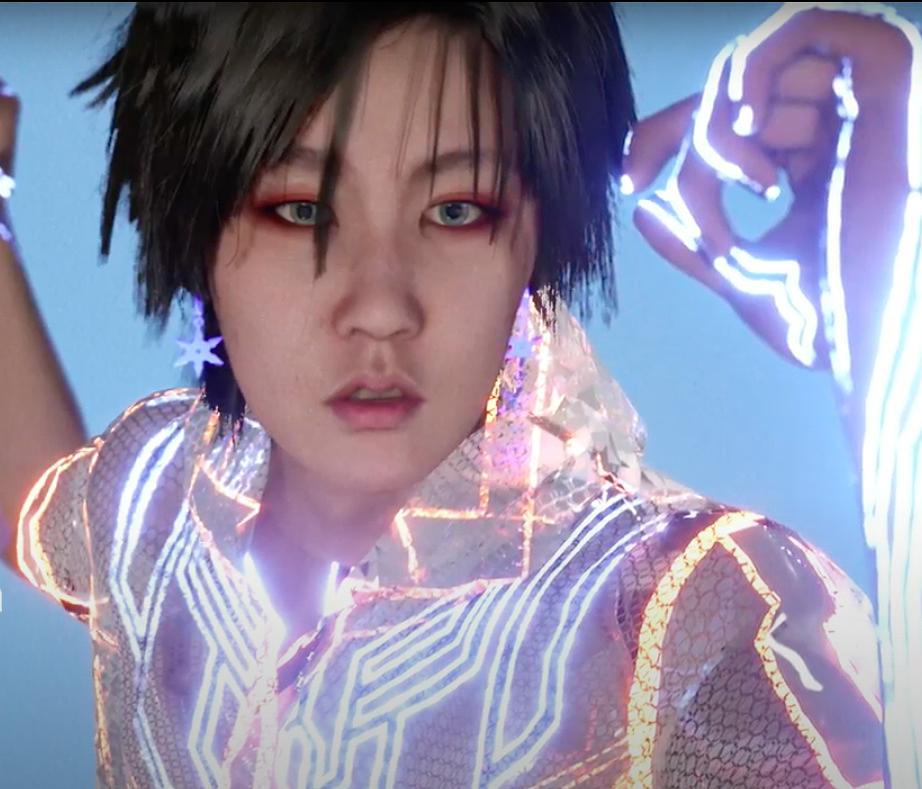
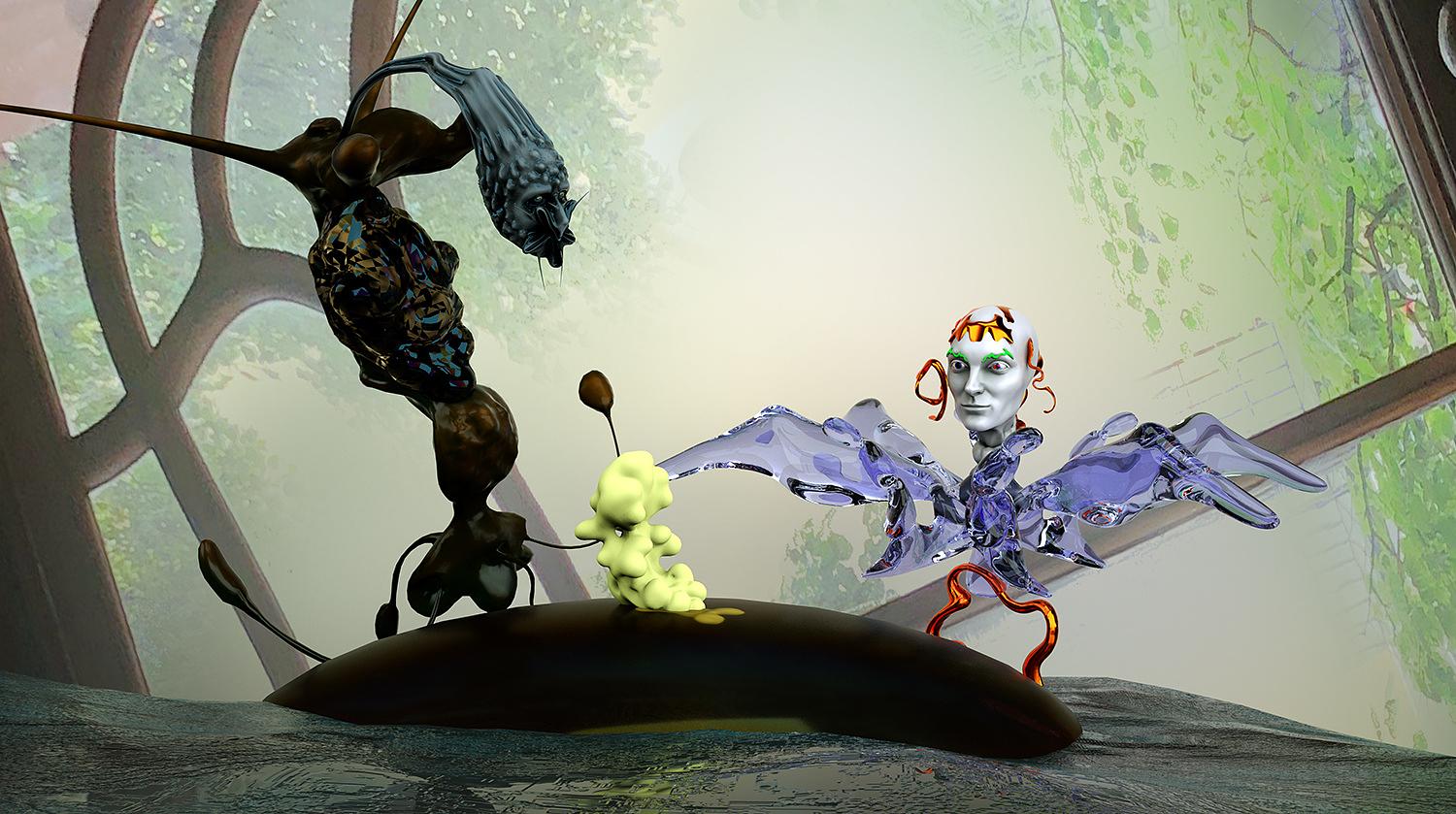
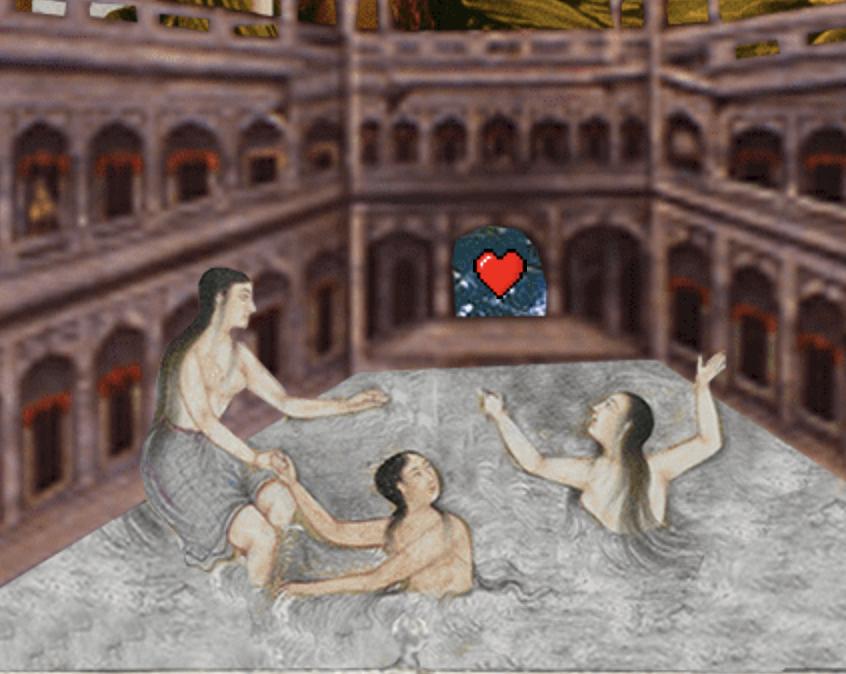
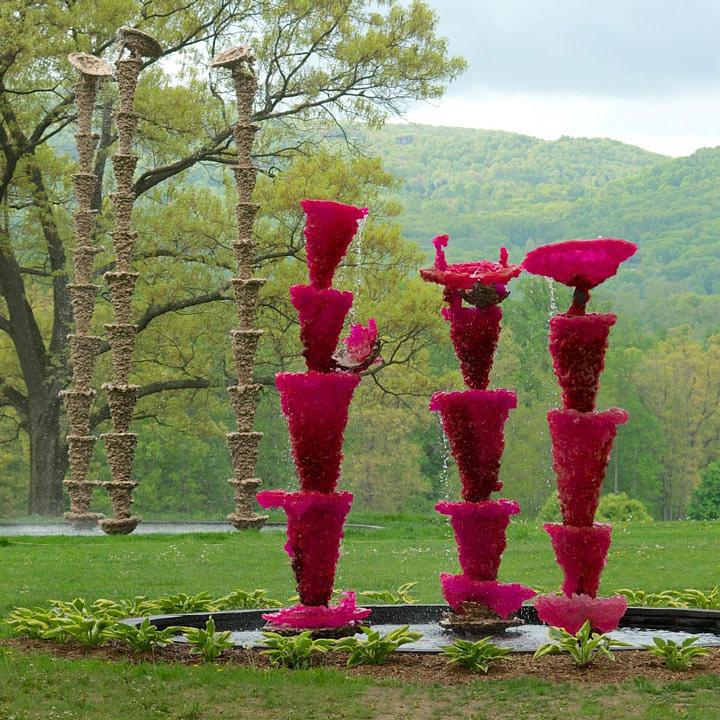
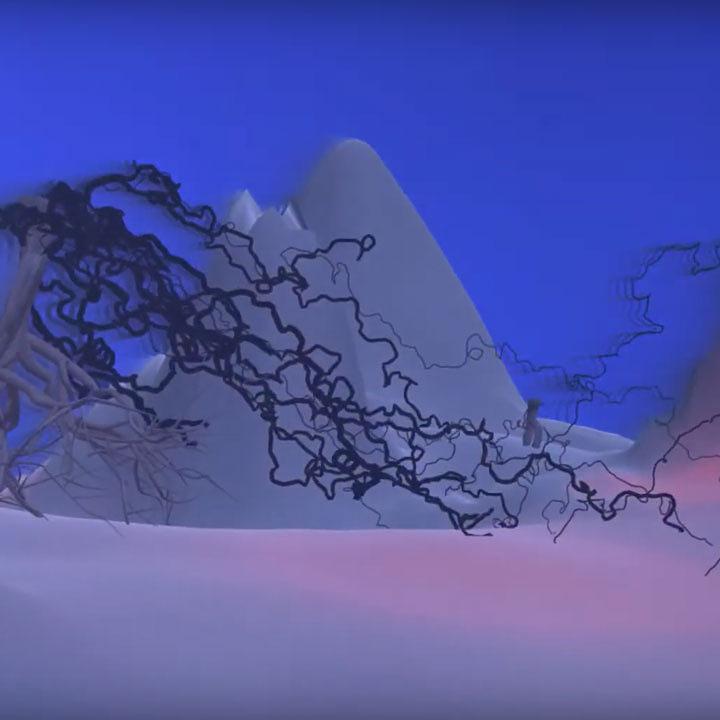
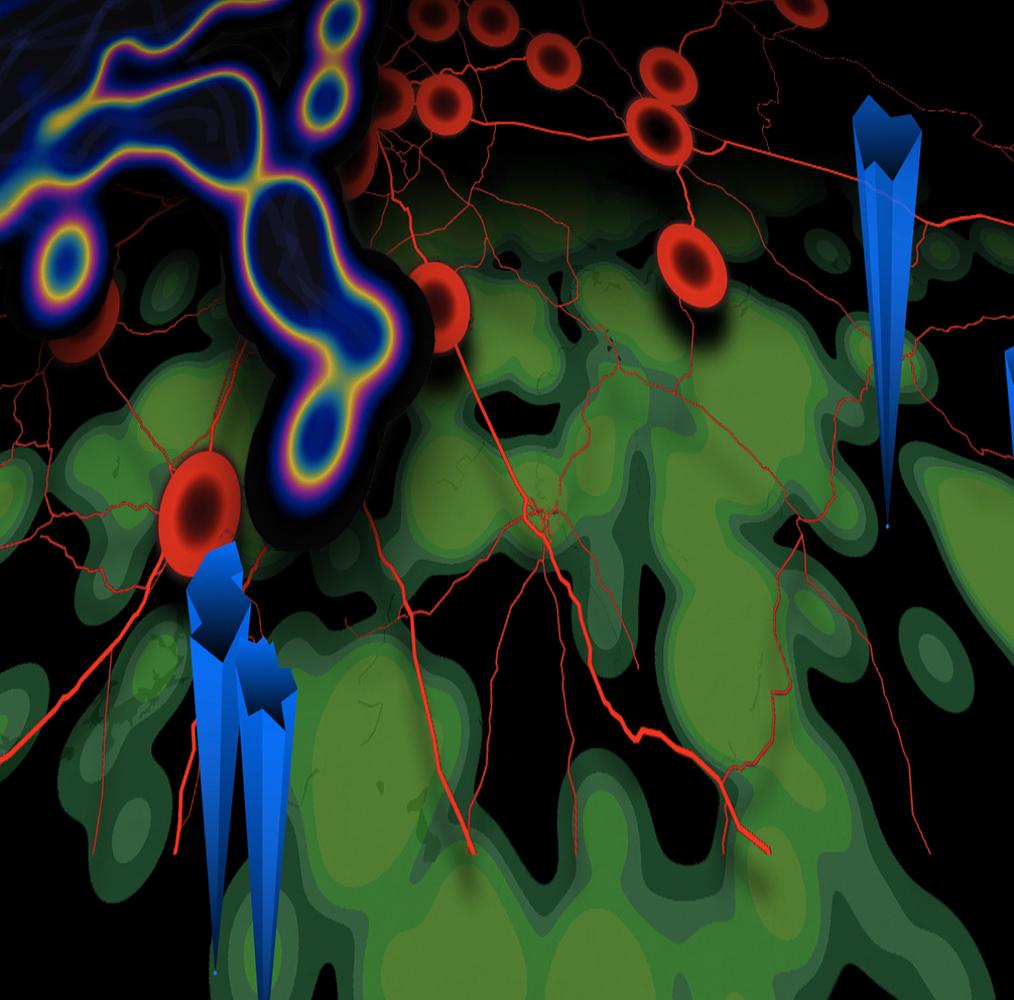
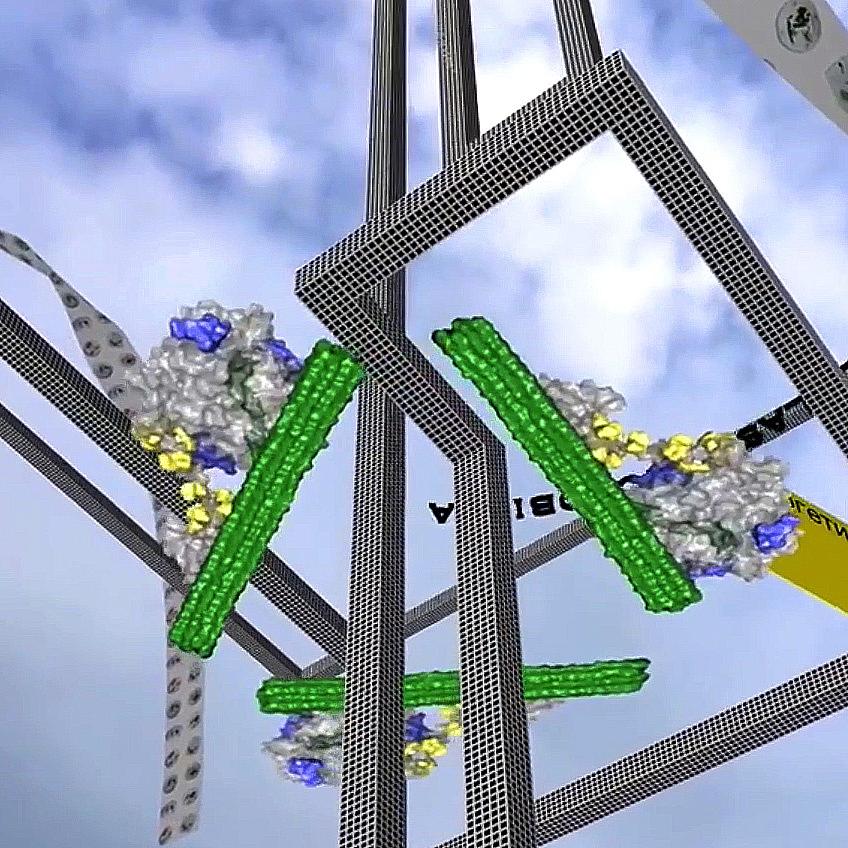
Gints Gabrāns, FOOOD 2050, 2014–2019
It is believed that in the first century AD, 150 million people were living on Earth. By the early nineteenth century the number was 978 million, and over the course of the twentieth century the population grew from two to seven billion. The United Nations predicts that by 2050 the planet’s population will reach ten billion people, and 70% more food will be required to feed them. Even today, humanity is unable to feed itself without the use of chemical fertilizers, pesticides, and GMO, and over the next forty years we will need to produce more food than we have over the past 8,000 years.
Teaming up with microbiologist Jānis Liepiņš and the company GenScript, artist Gints Gabrāns offers an alternative to the endless expansion of the food industry: genetically modified bifidobacteria that can synthesize enzymes which will allow humans to metabolize cellulose, and therefore obtain more nutrients from common foodstuffs, and eat paper and wood.
Cellulose (dietary fiber) makes up a considerable part of plant-based foods, but it cannot currently be digested by humans and therefore has no nutritional value. With the enzymes that break down cellulose, humans will be able to obtain around 30% more nutrients from foods like potatoes, carrots, rye, wheat, rice, buckwheat, cabbages, and leafy greens. Moreover, if we could digest cellulose, 100 grams of paper would give us more energy than 100 grams of bread.
An enzyme allowing us to break down cellulose is not a sci-fi idea but an actual scientific invention that could potentially save humanity from hunger, not only in the overpopulated world of the future but also today, when over 800 million people suffer from hunger and chronic malnutrition. According to the World Health Organization, 46,000 people starve every day, which means one person dies from starvation every two seconds. FOOOD 2050 could change that.
The virtual reality extension of this project, developed by the artist specifically for the exhibition, is available via a QR code. A virtual skyscraper 30 km high is placed above the Museum building and is activated through its GPS coordinates. The building hosts the FOOOD 2050 office as well as the Diabetes Center, Methane Control Center, and other organizations ensuring life support on the overpopulated planet.
Works mainly with installations and new media art. From 2016 to 2019, he developed the augmented reality mobile application SAN. Solo exhibitions include: Transreality Zirgu Street, Riga (SAN, 2018); Out of Nowhere, Société d'encouragement pour l'industrie nationale, Paris (2015); The Bright Sky, Watermans New Media Gallery, London (2010); Paramirrors, Latvian Pavilion, 52nd Venice Biennale (2007); Invisible. Special Effects of a Parallel World, Contemporary Art Centre, Vilnius (2005); and STARIX, 26th Sao Paulo Biennial (2004). Group exhibitions include: Obvious and Incredible, Gallery 427, Riga (2018); New Eden, Arctic Biennial, Sølvberget Galleri, Stavanger, Norvay (2016); Science Inspires Art: Food, New York Hall of Science, New York (2016); Visionary Structures. From Johansons to Johanson, Bozar Art Centre, Brussels (2015); and the 4th Moscow Biennale of Contemporary Art (2011). He lives and works in Riga.
